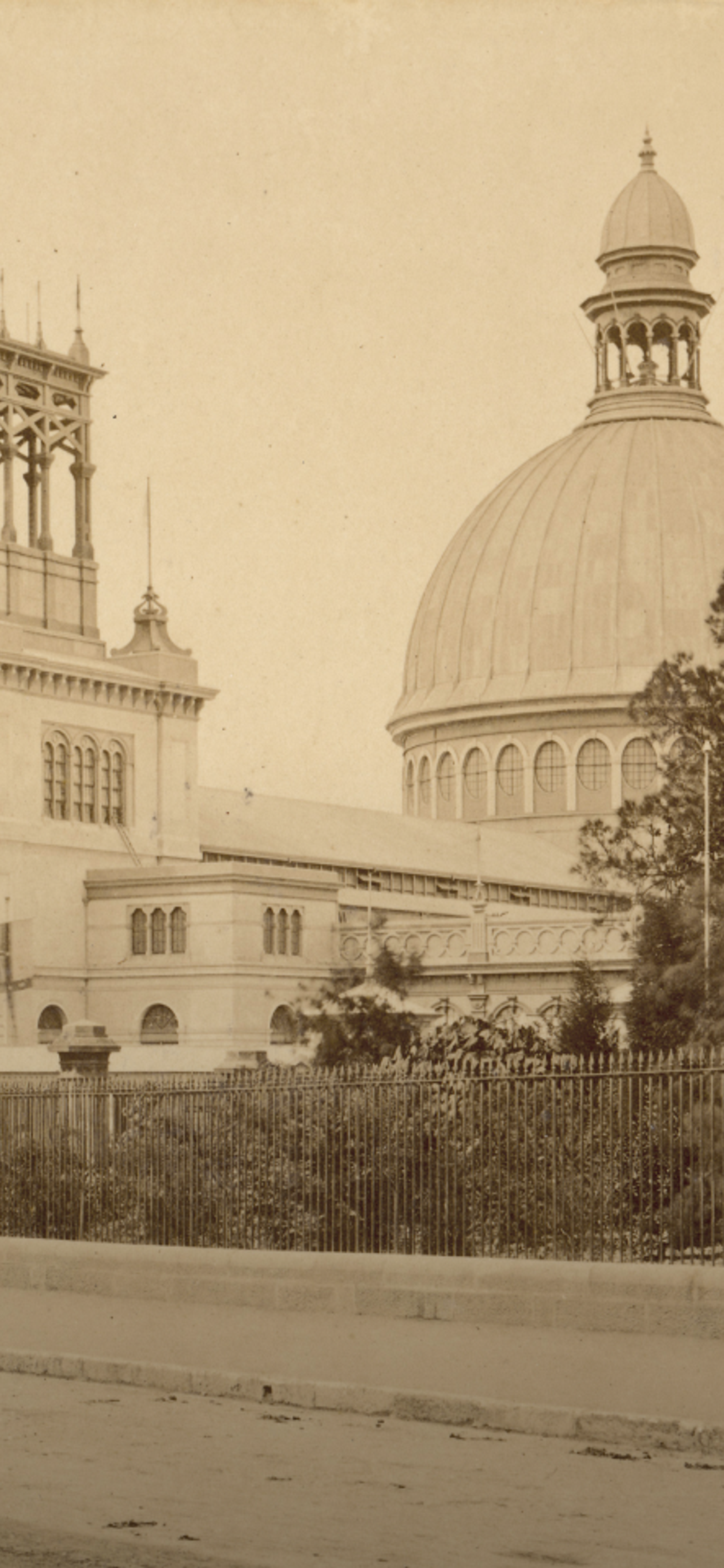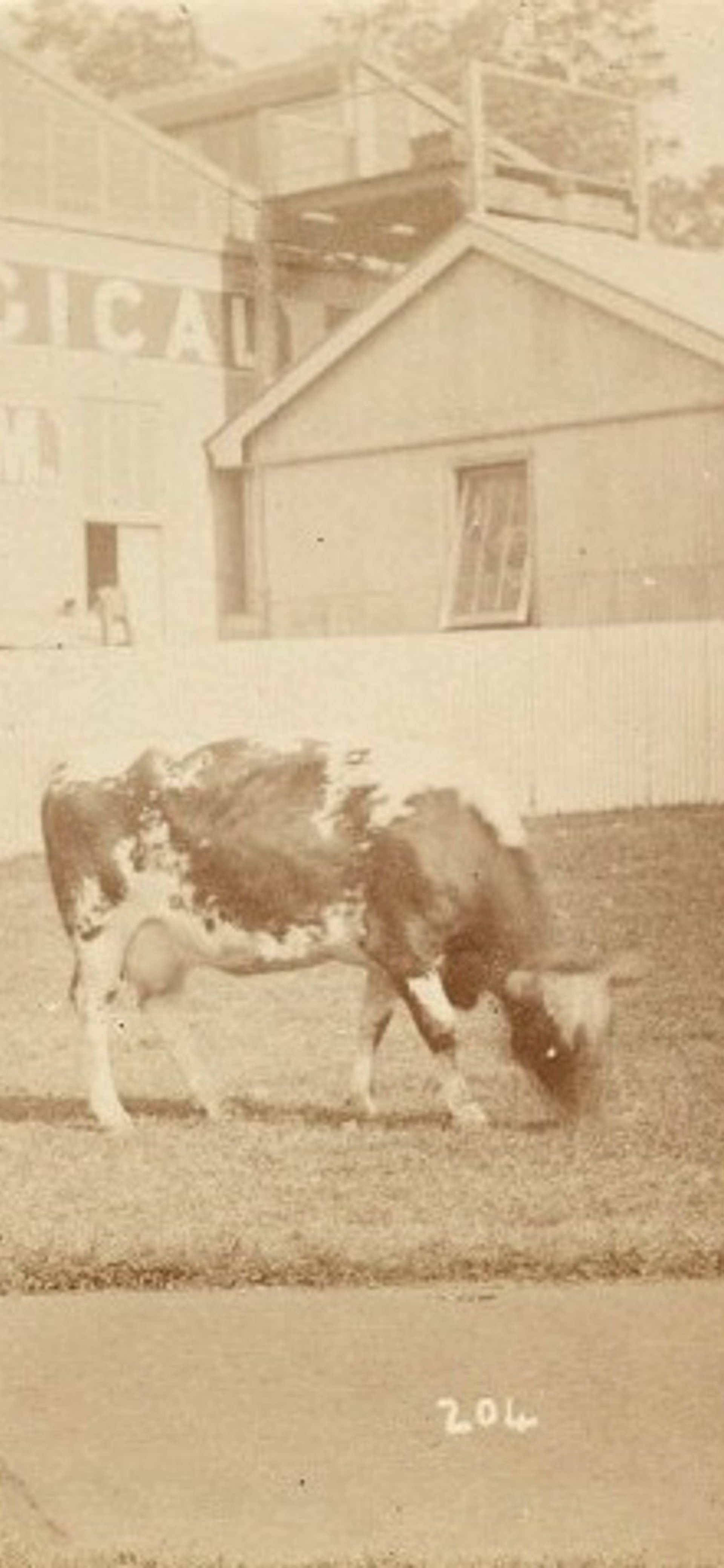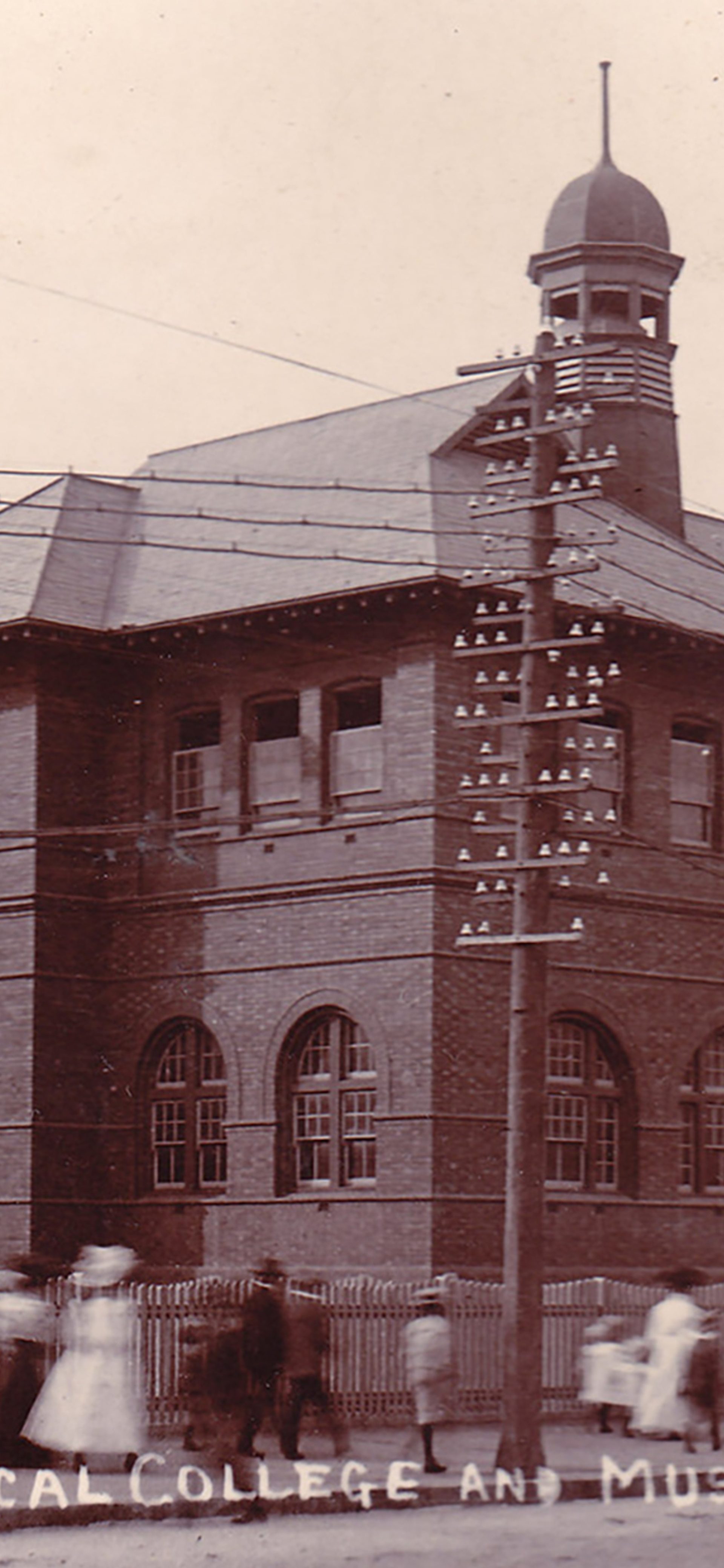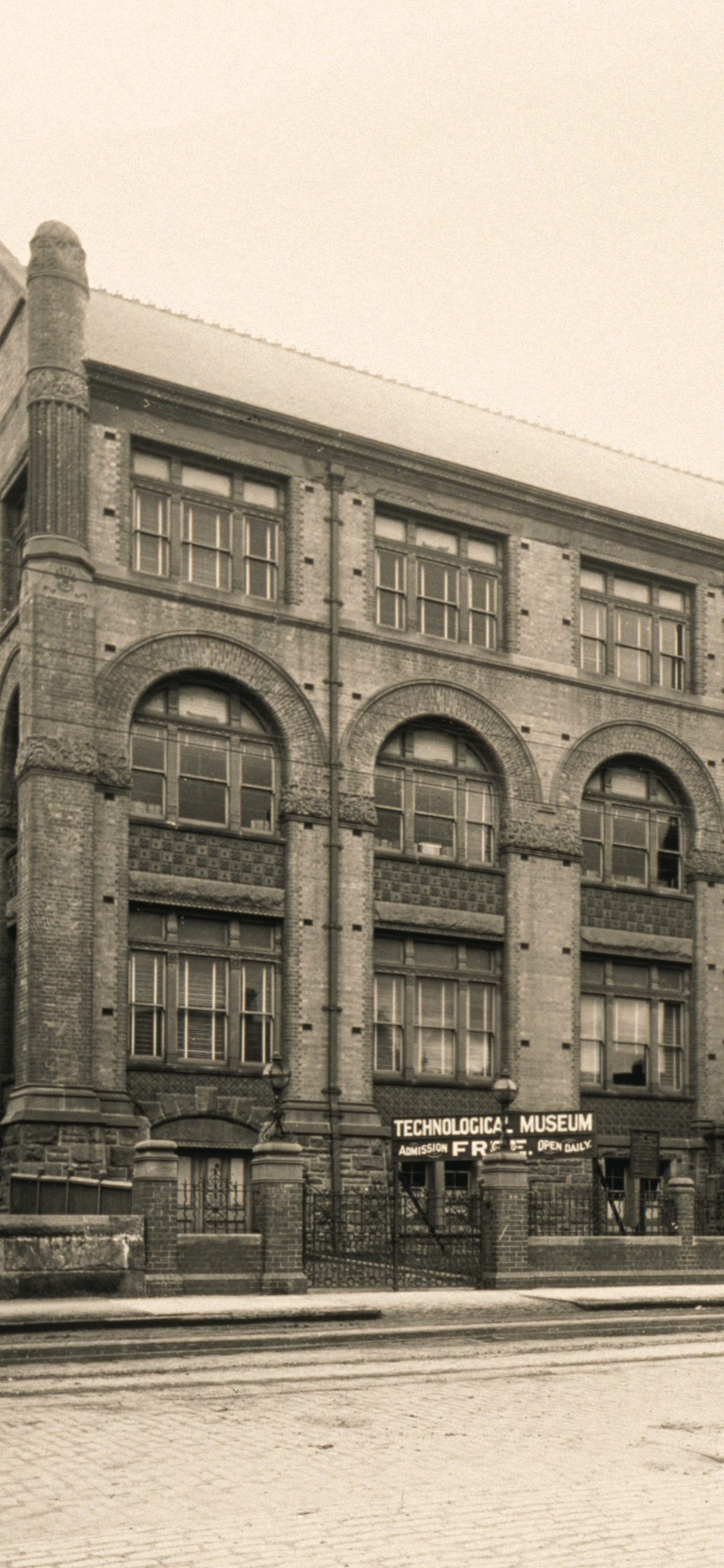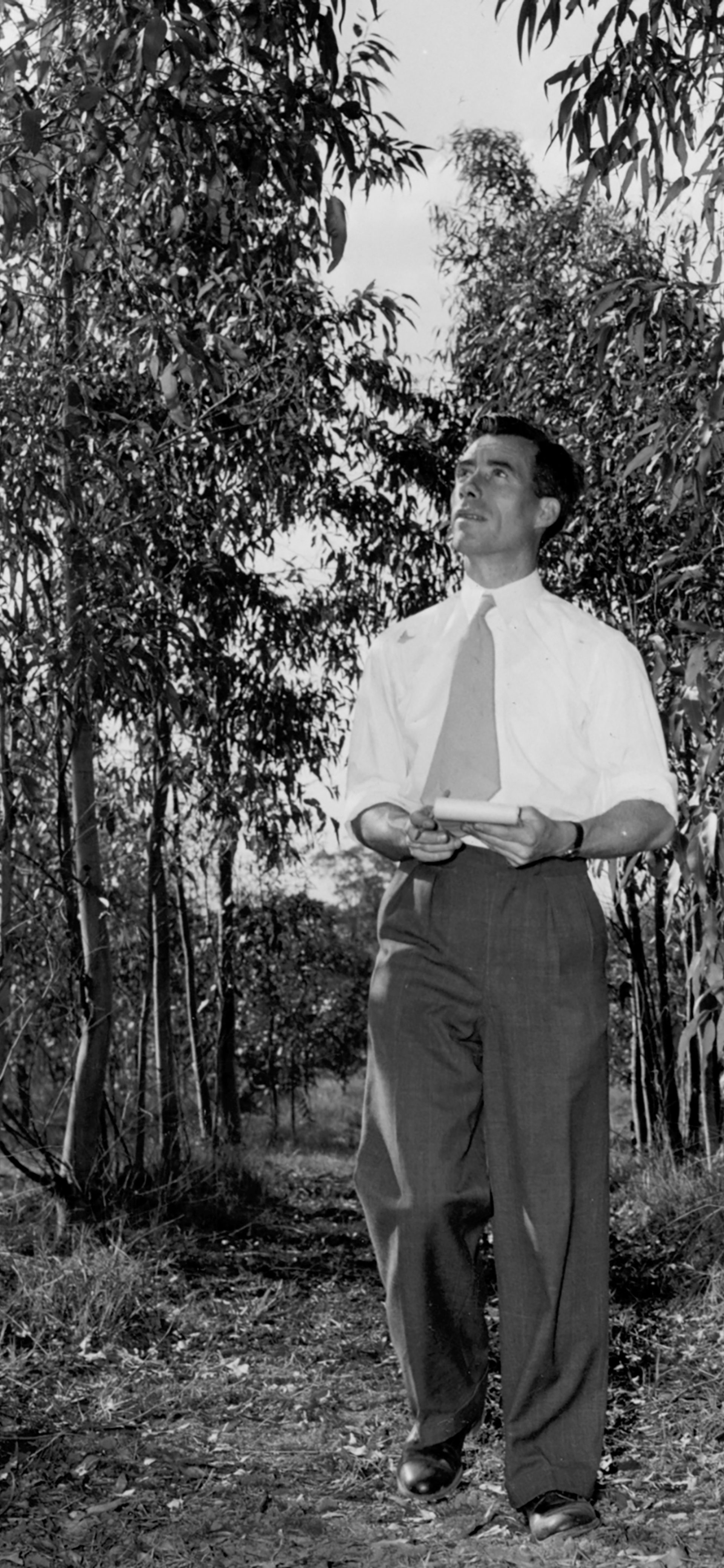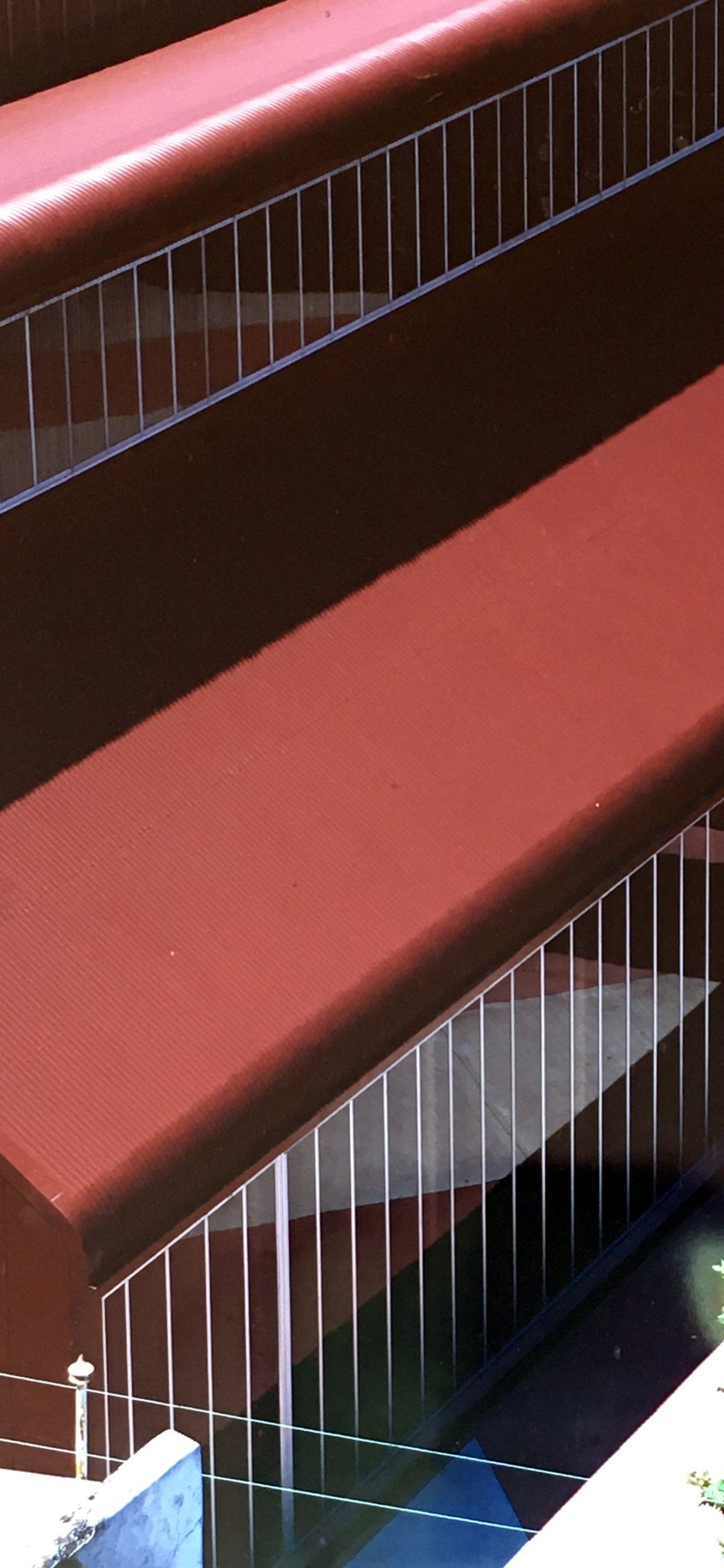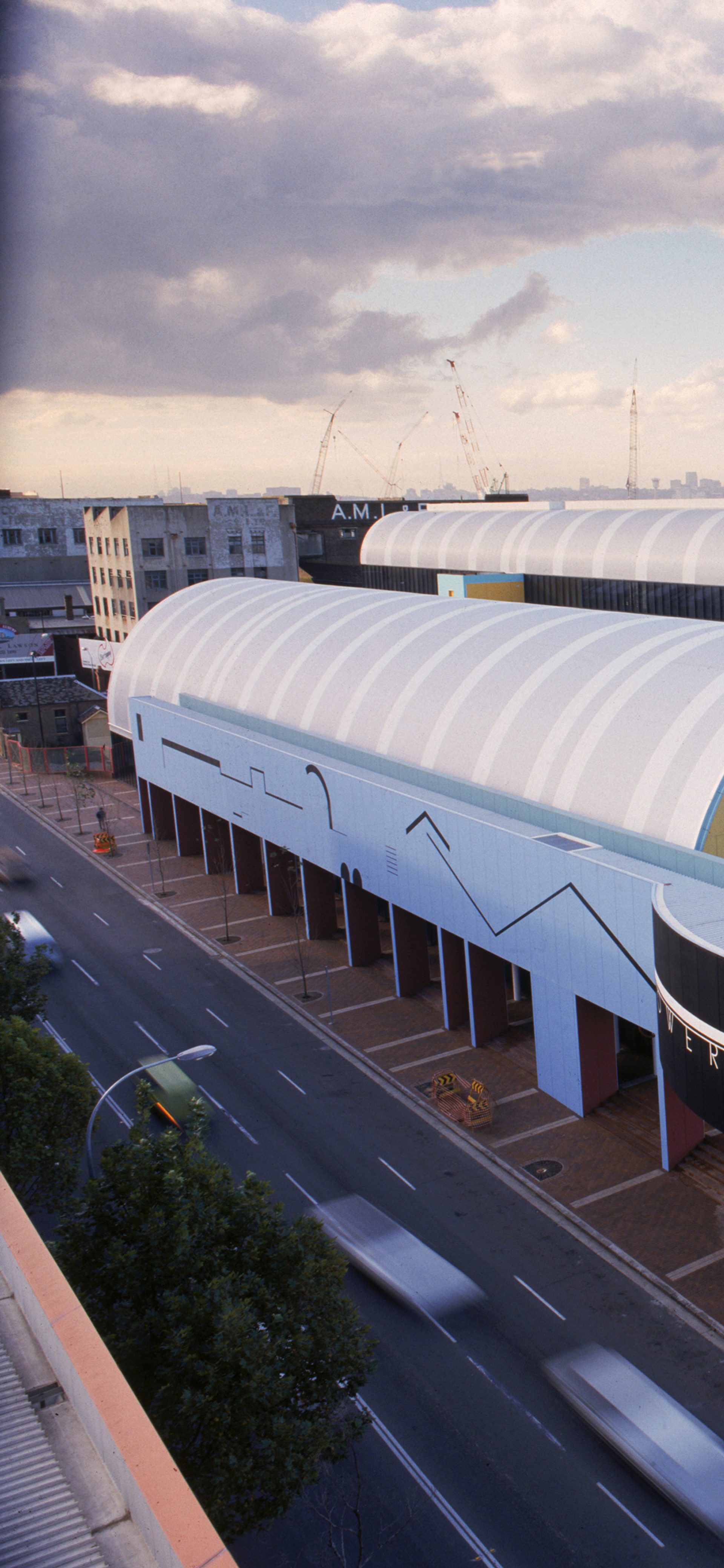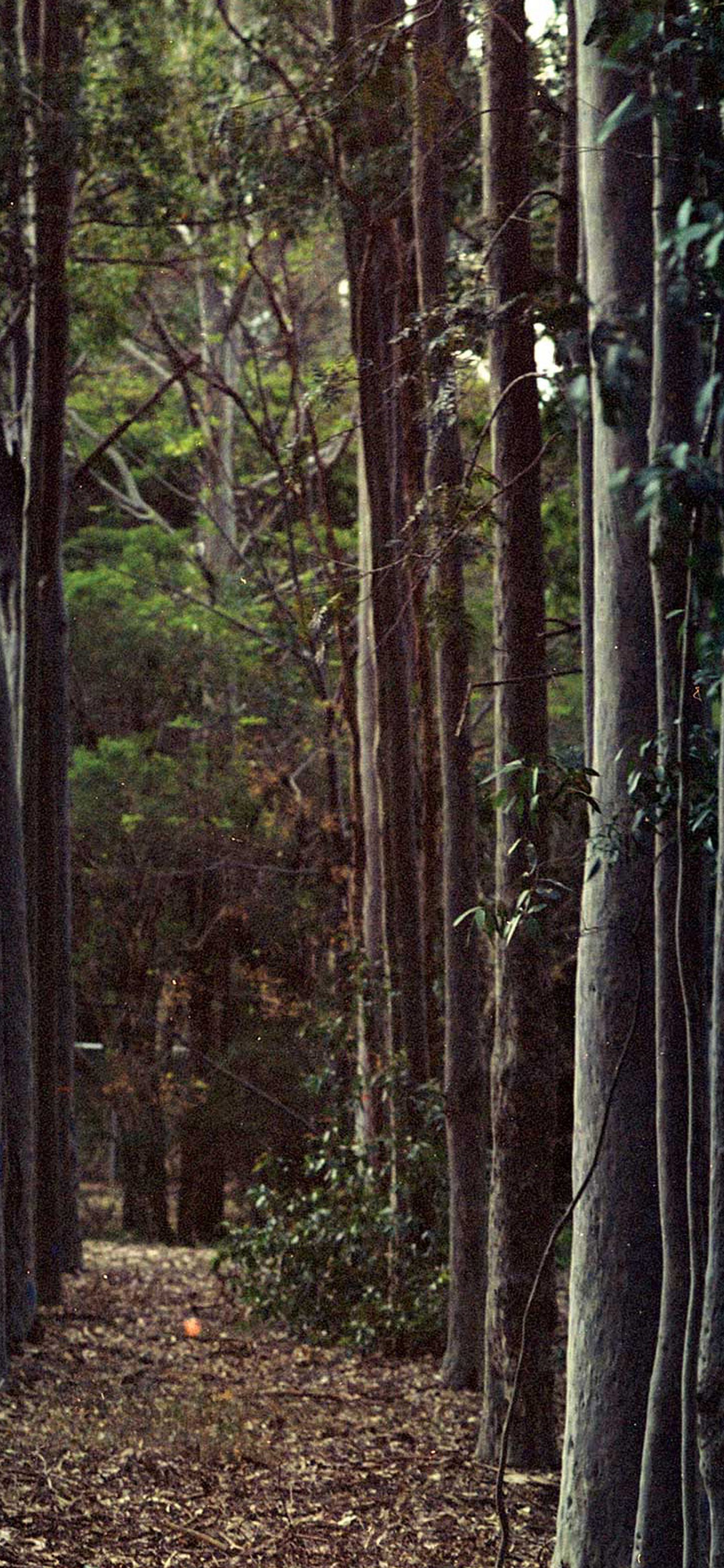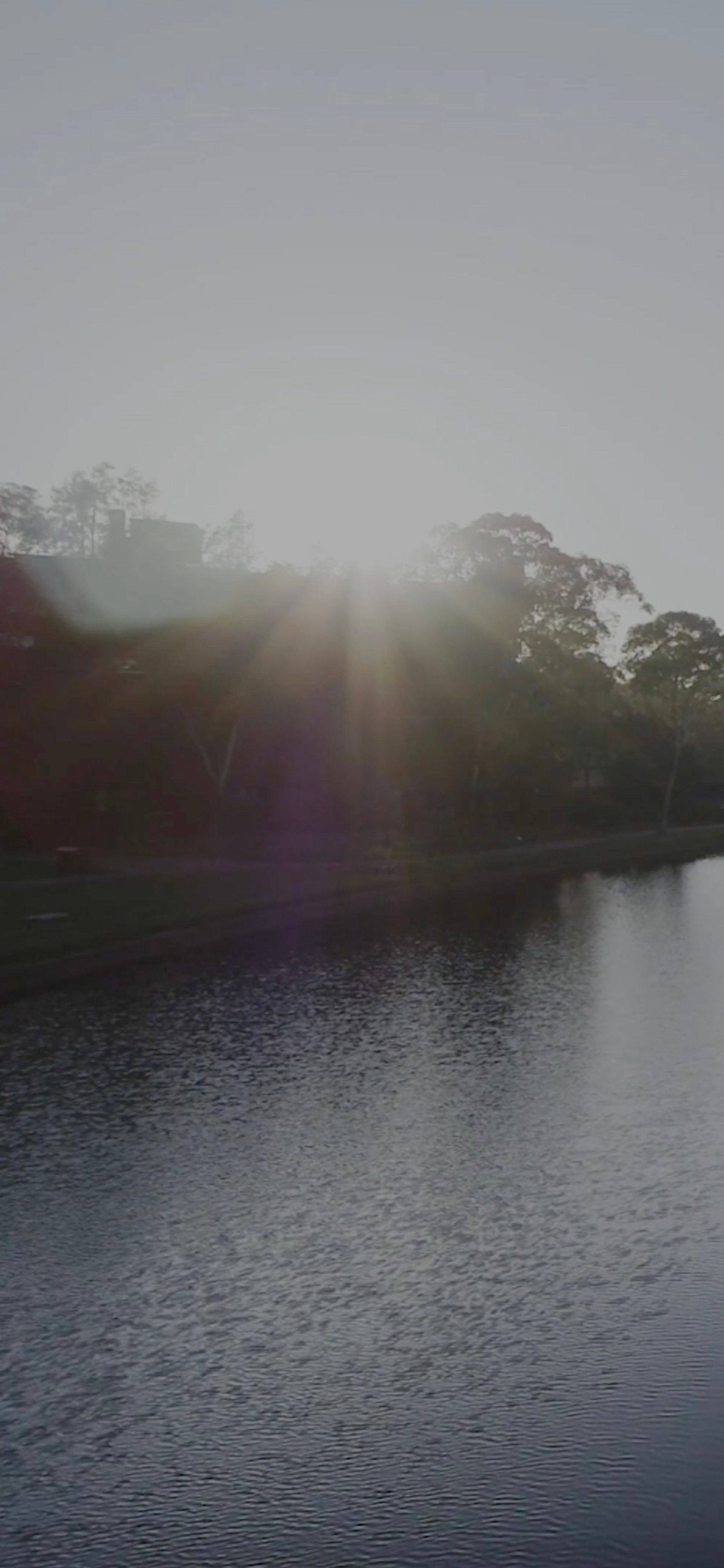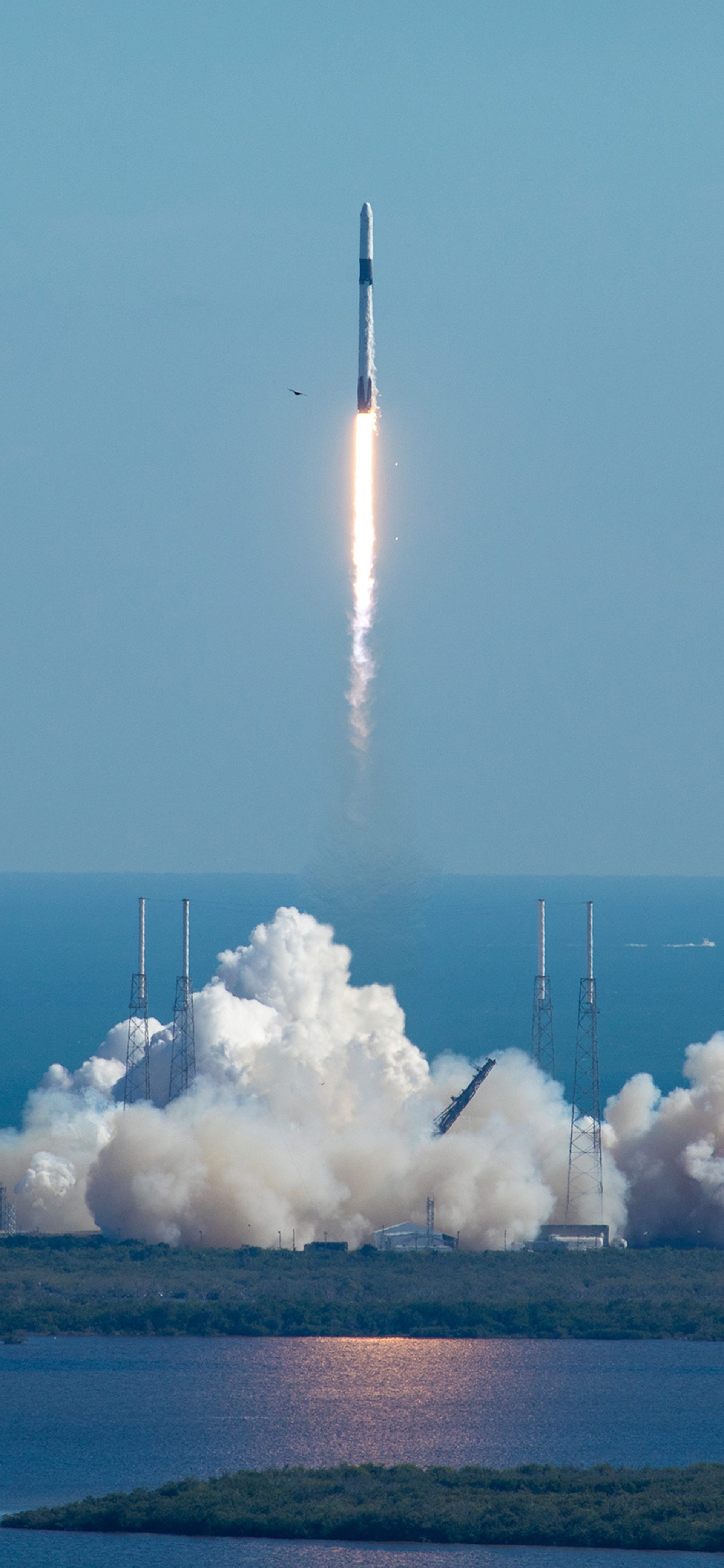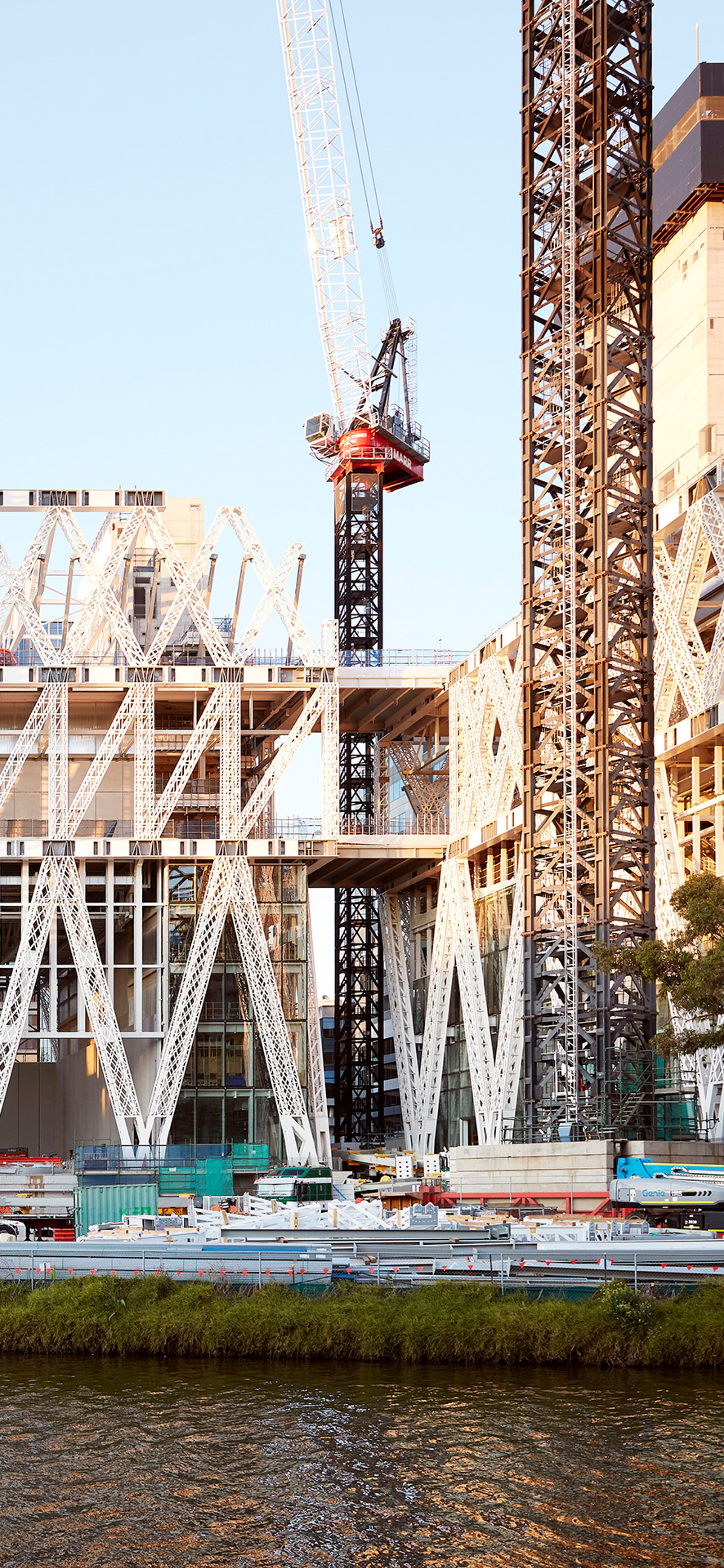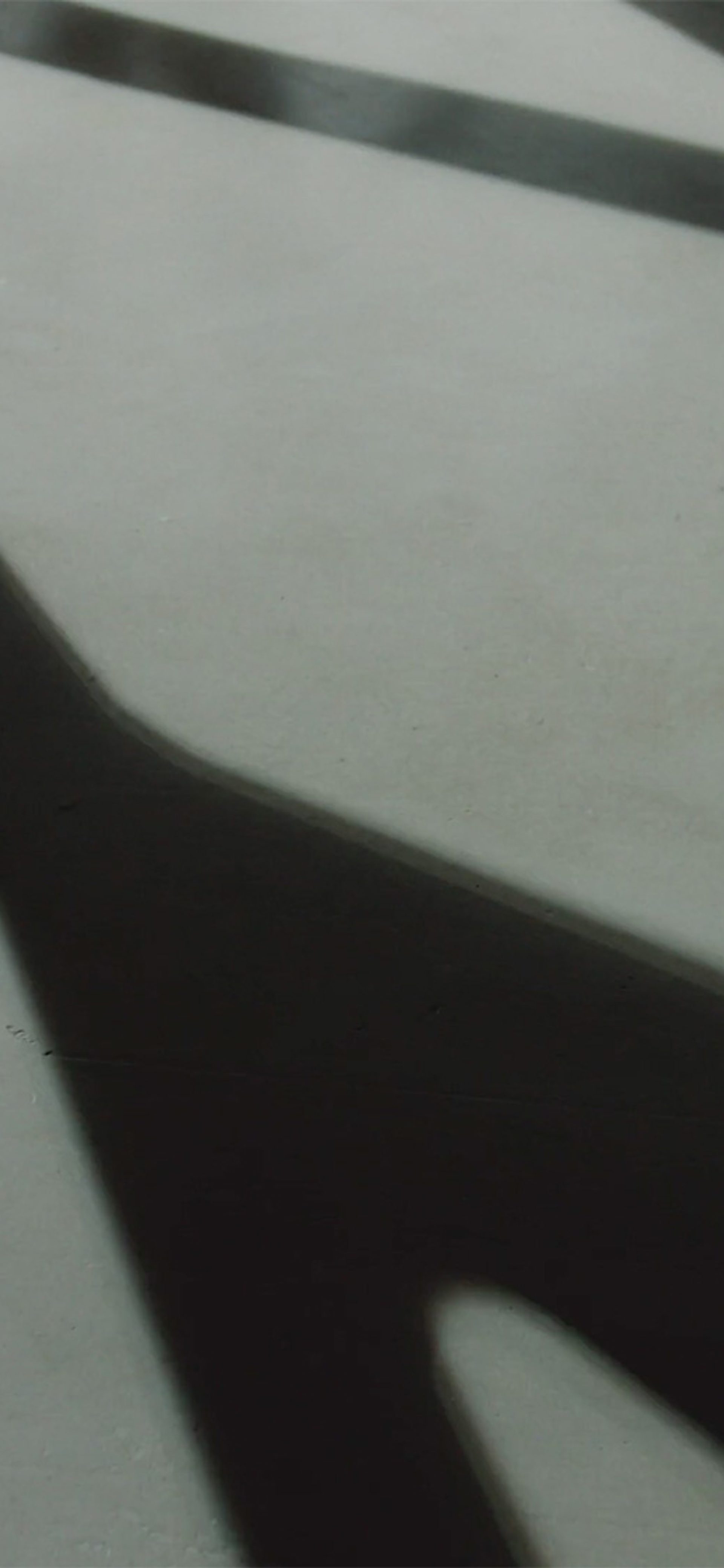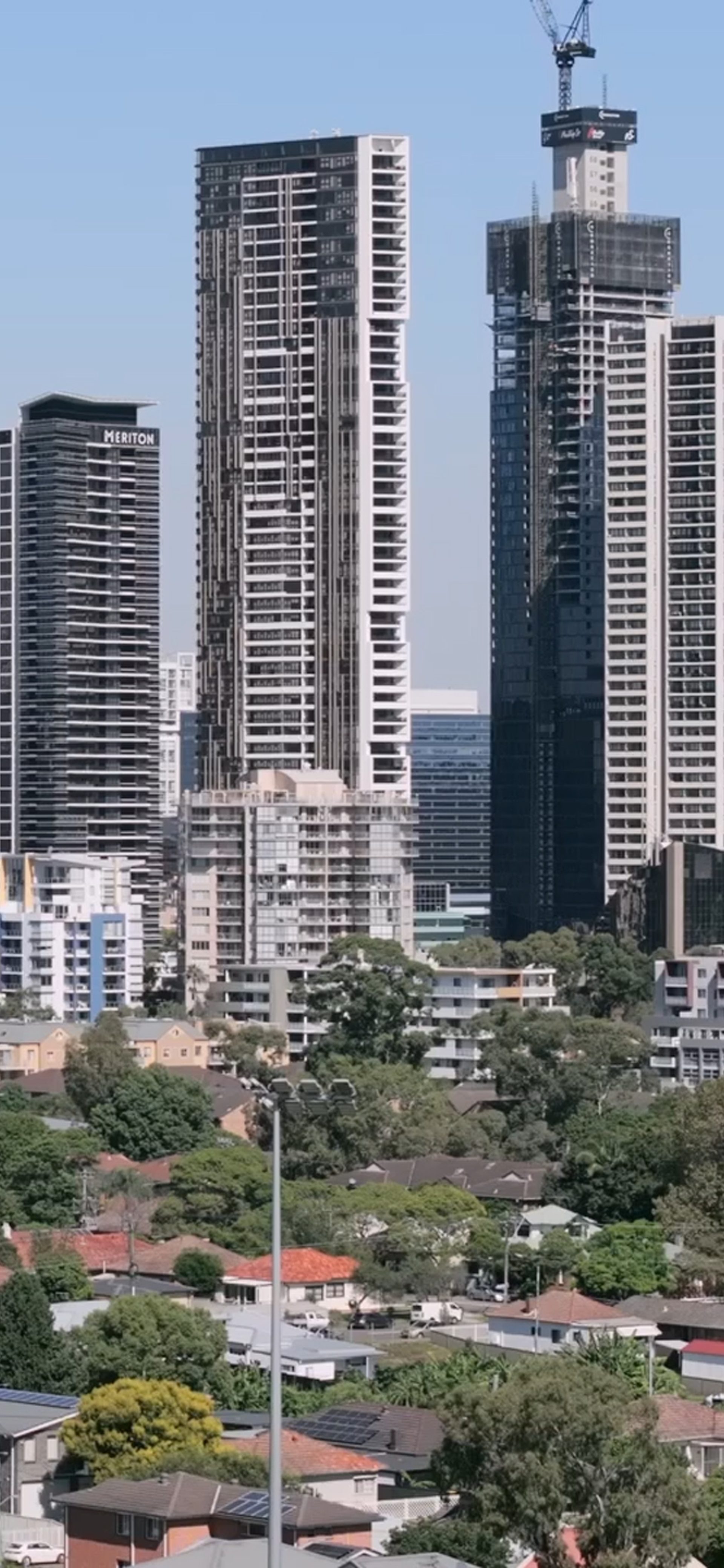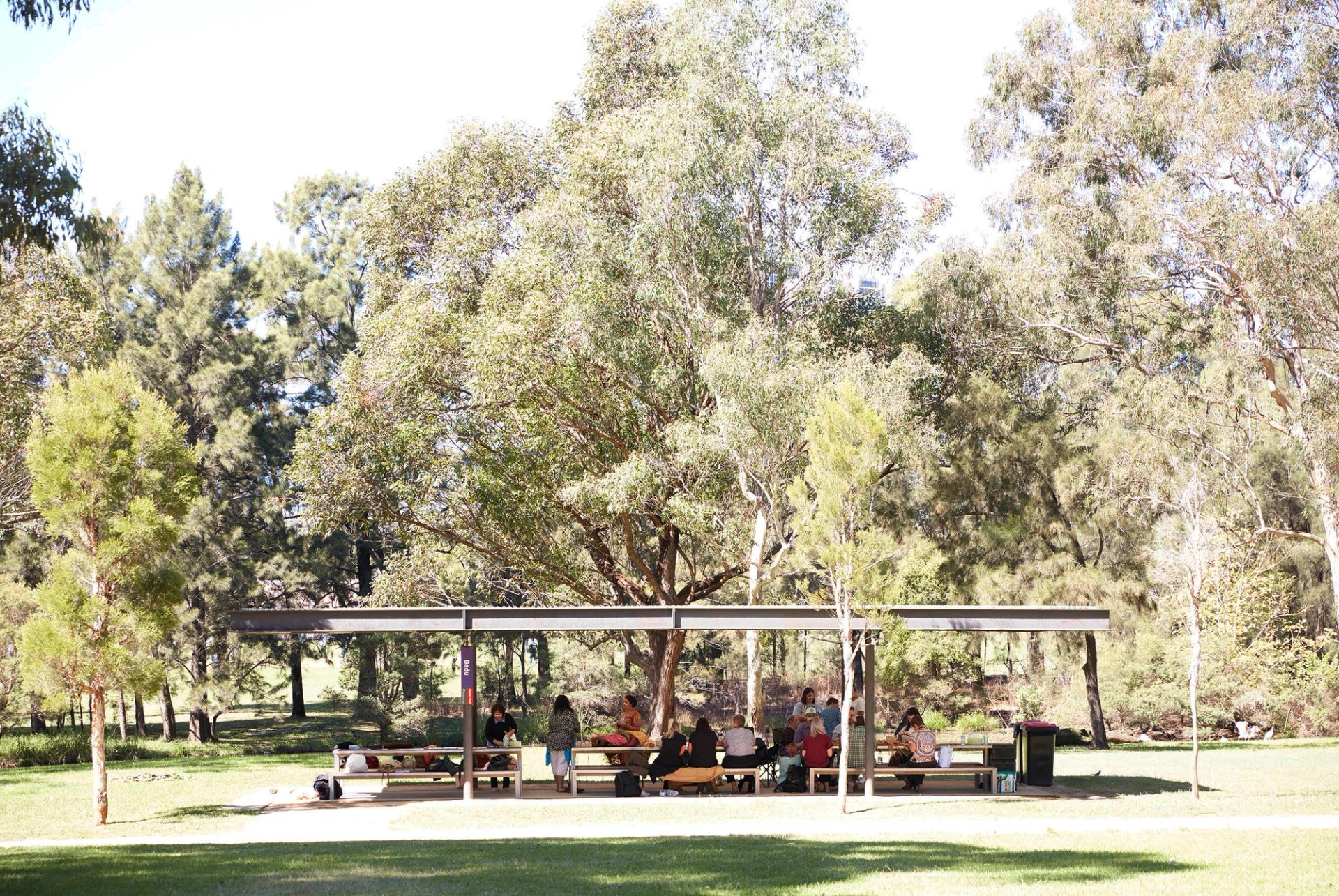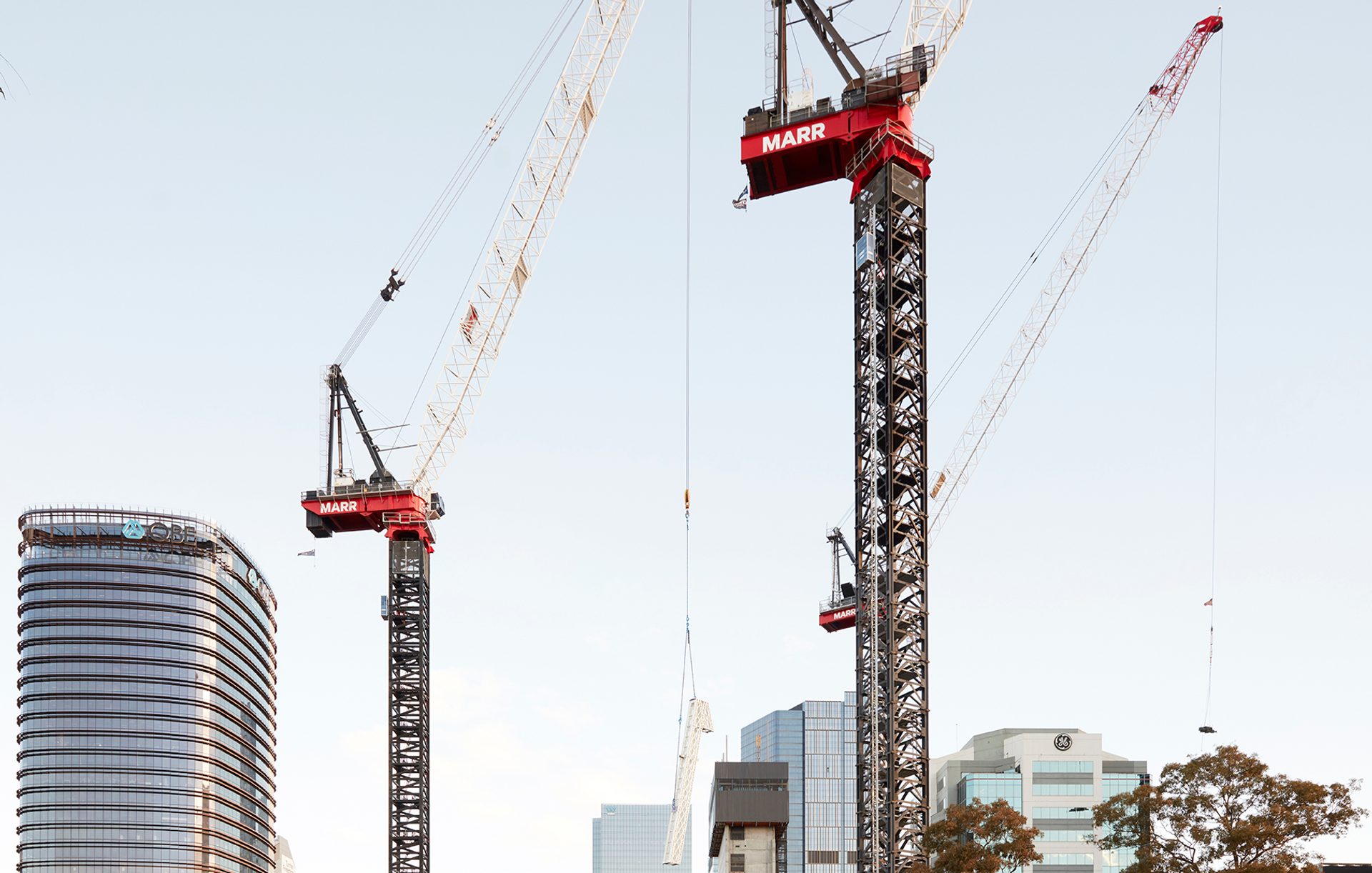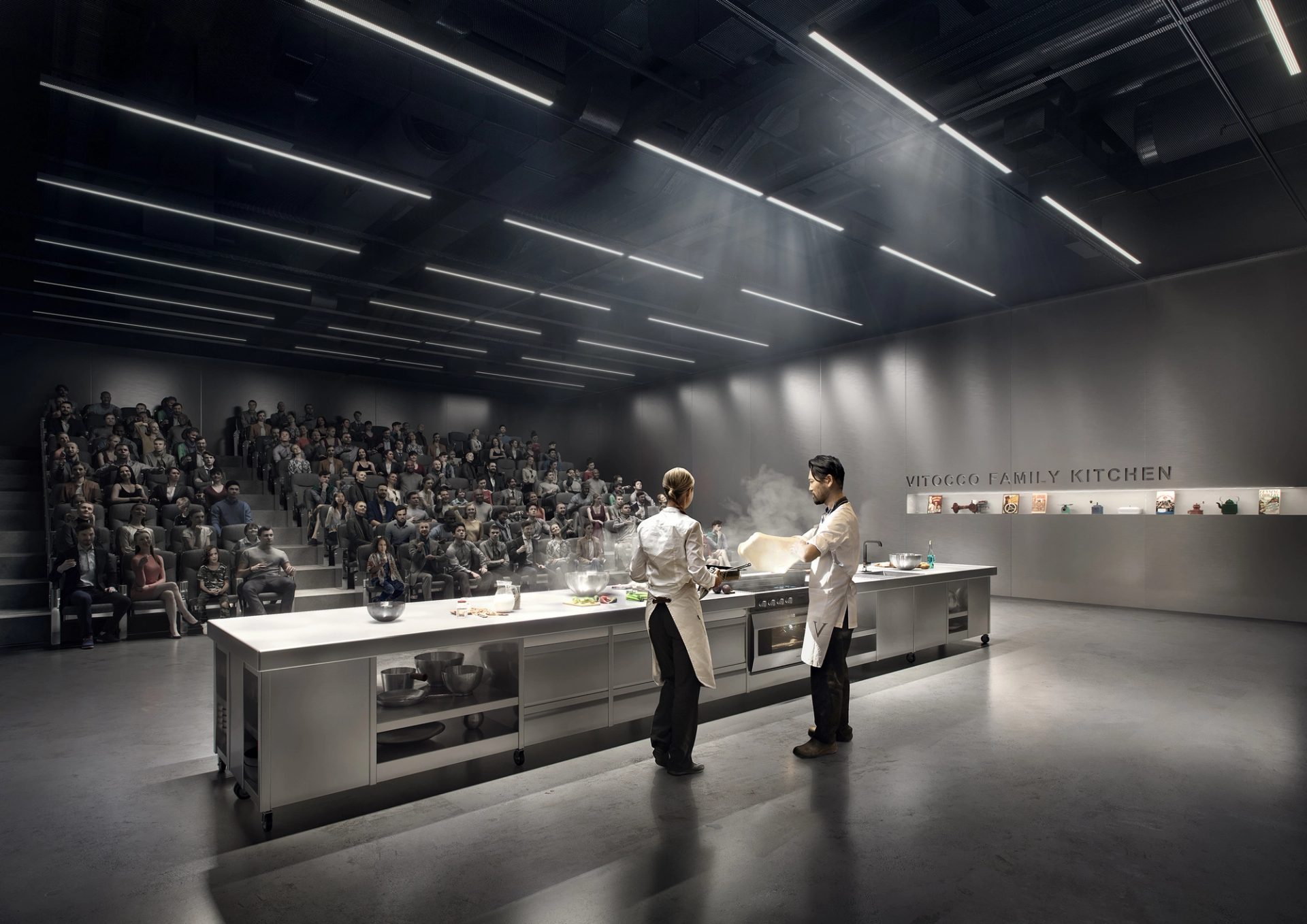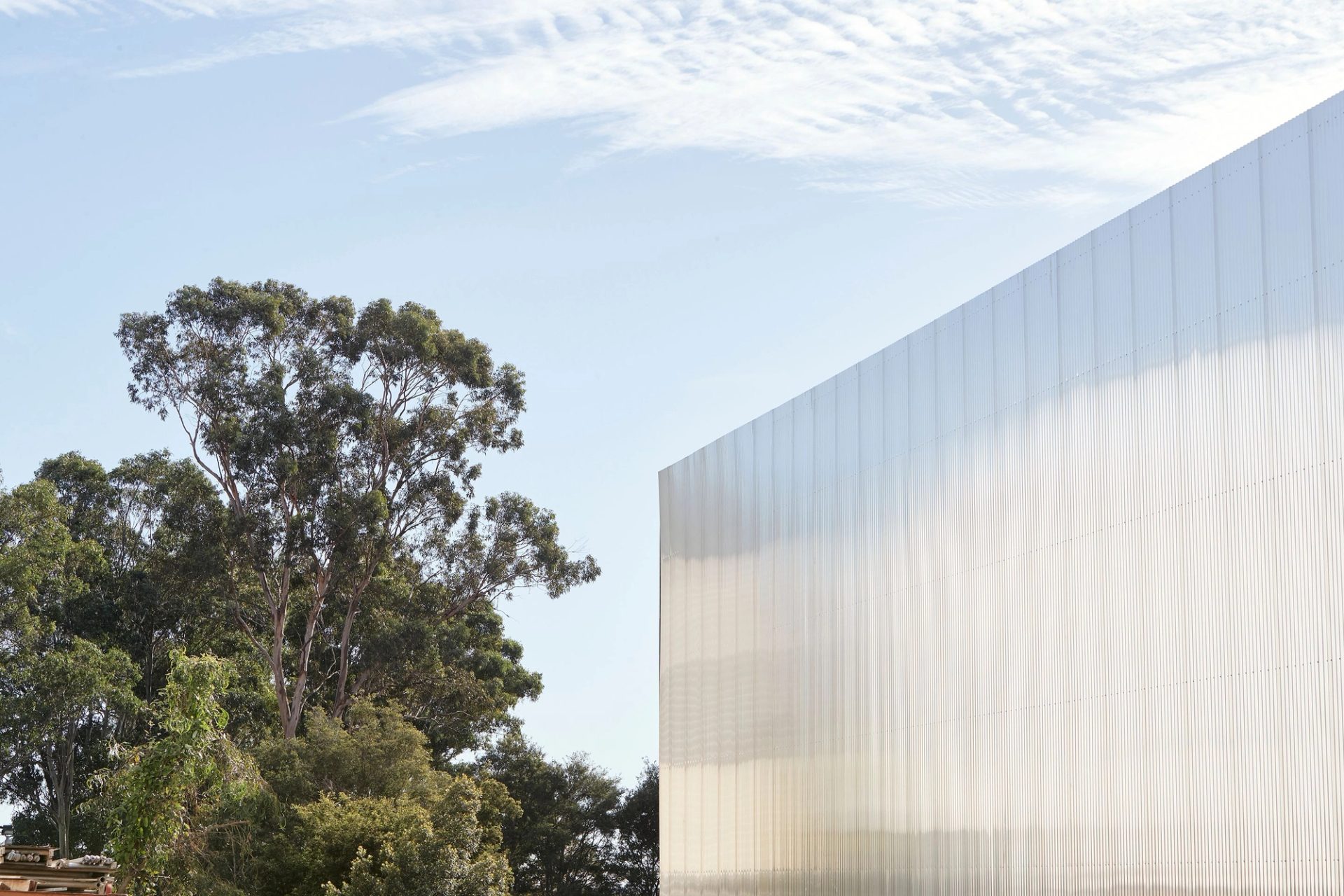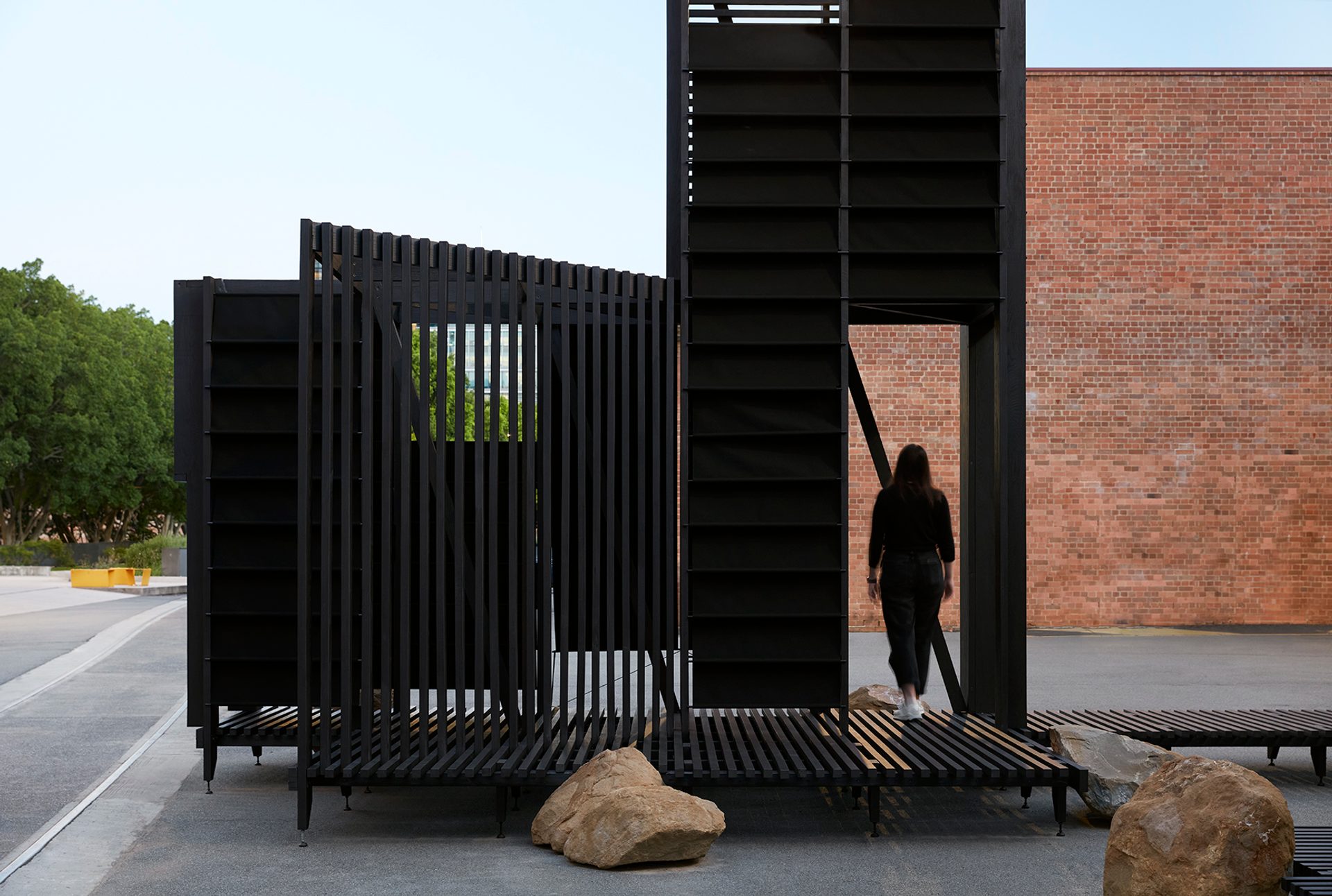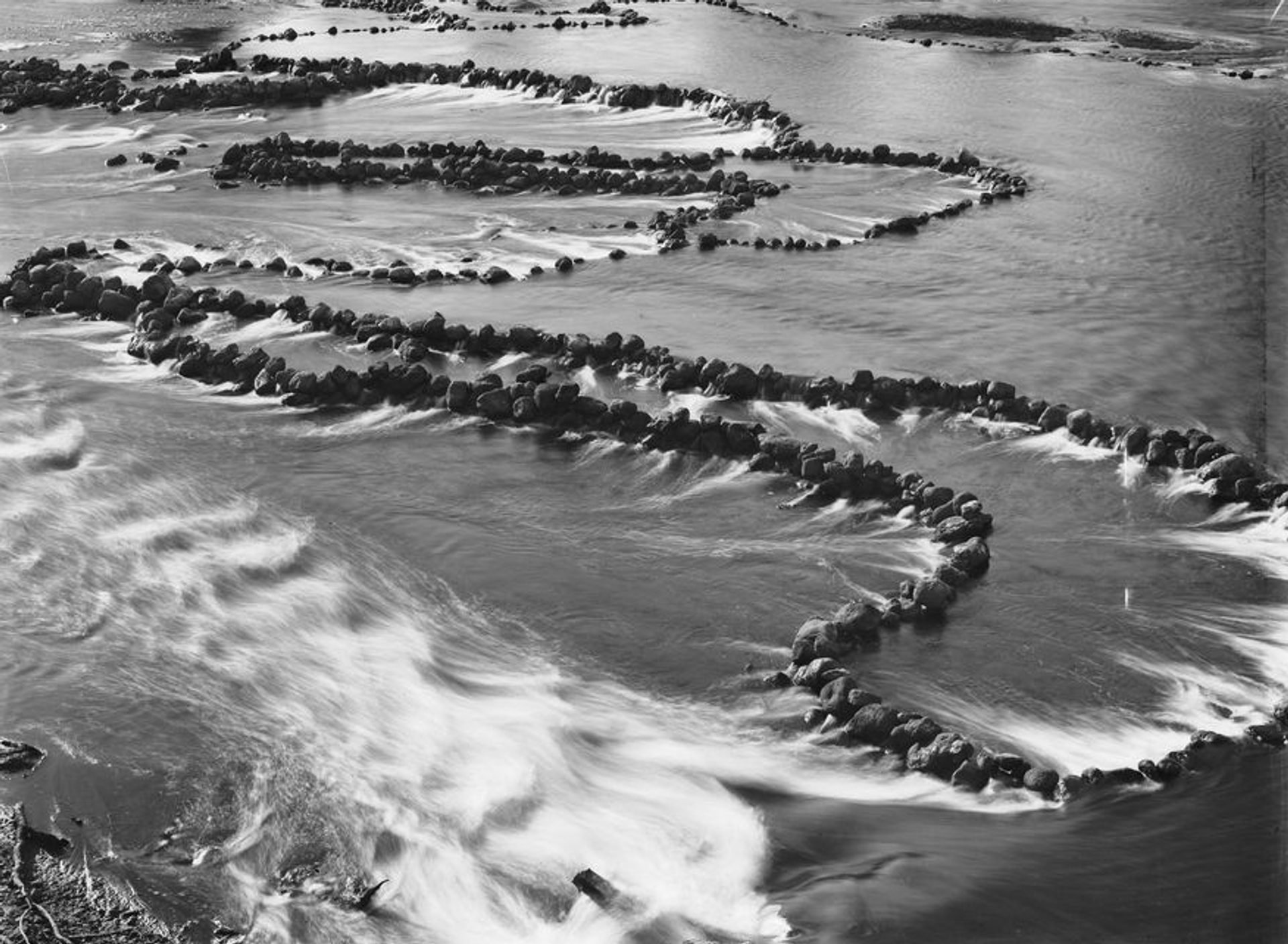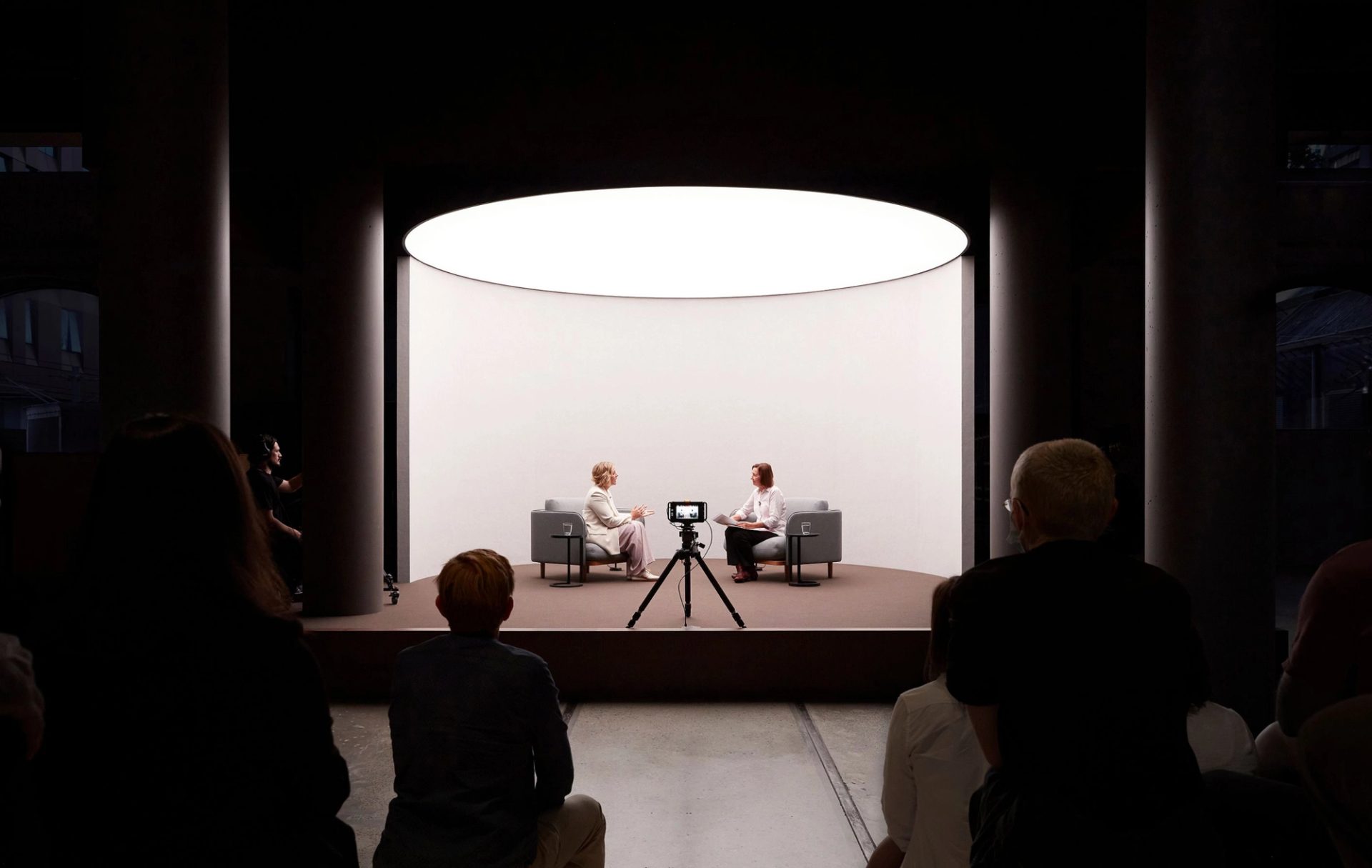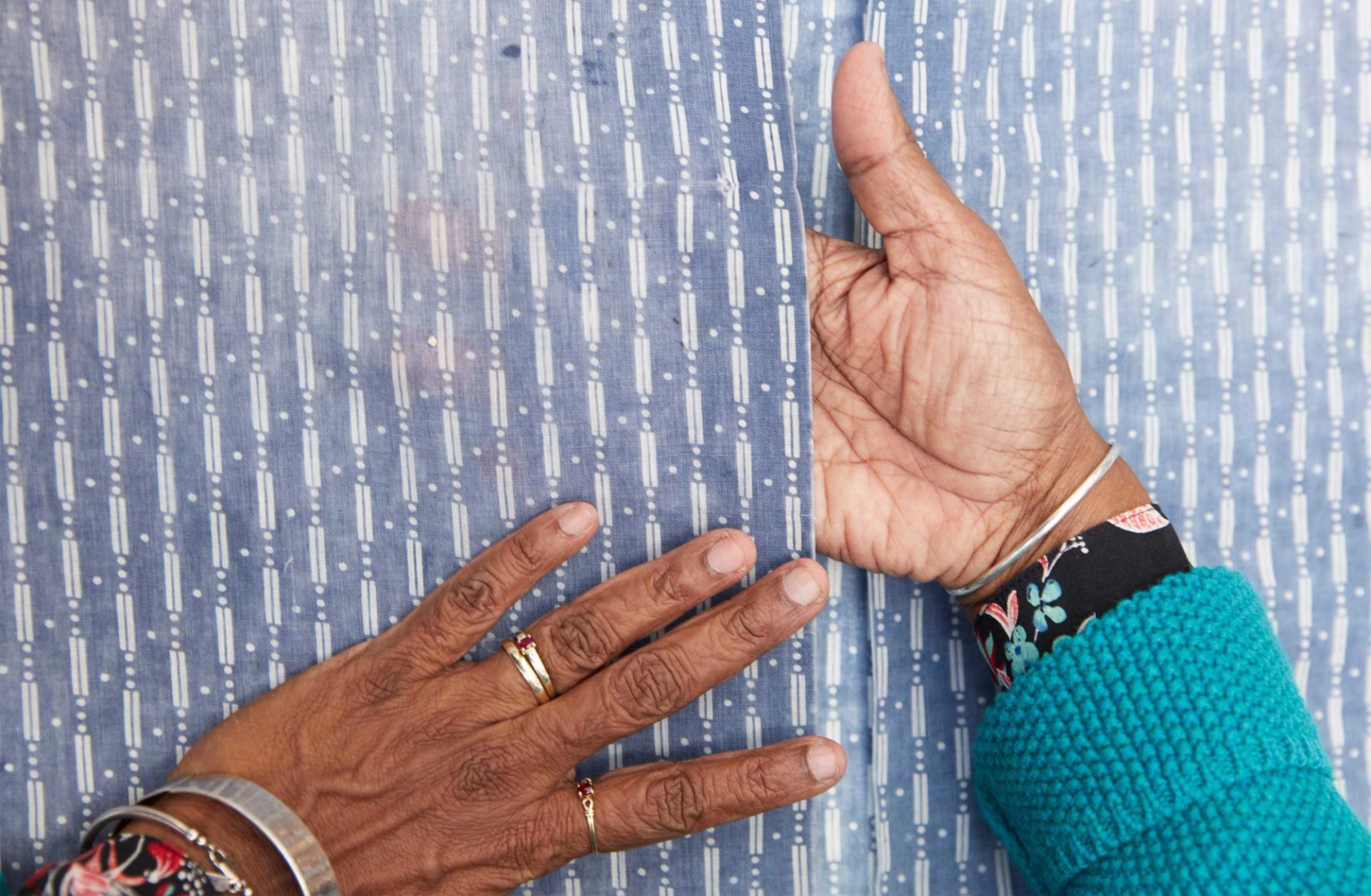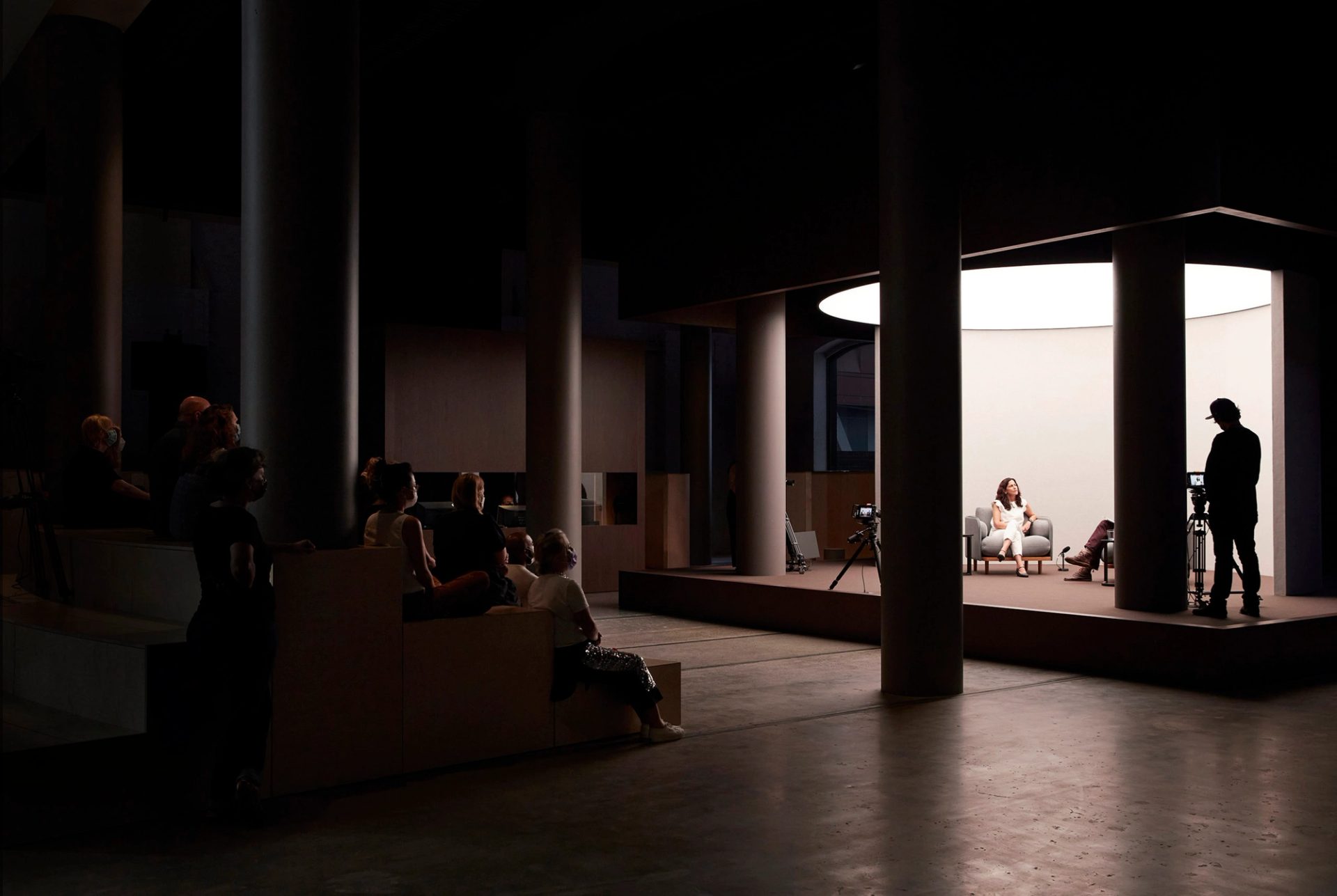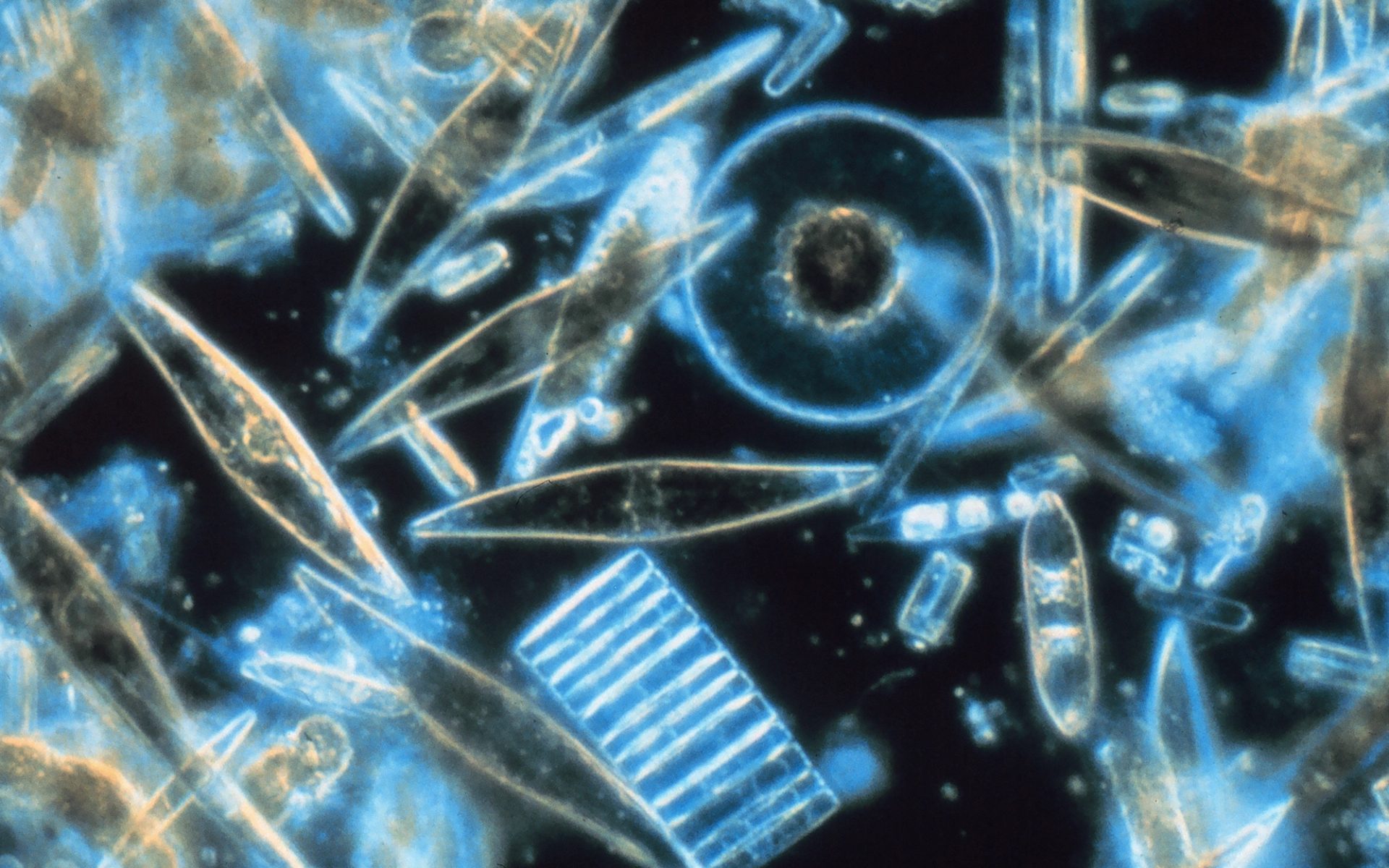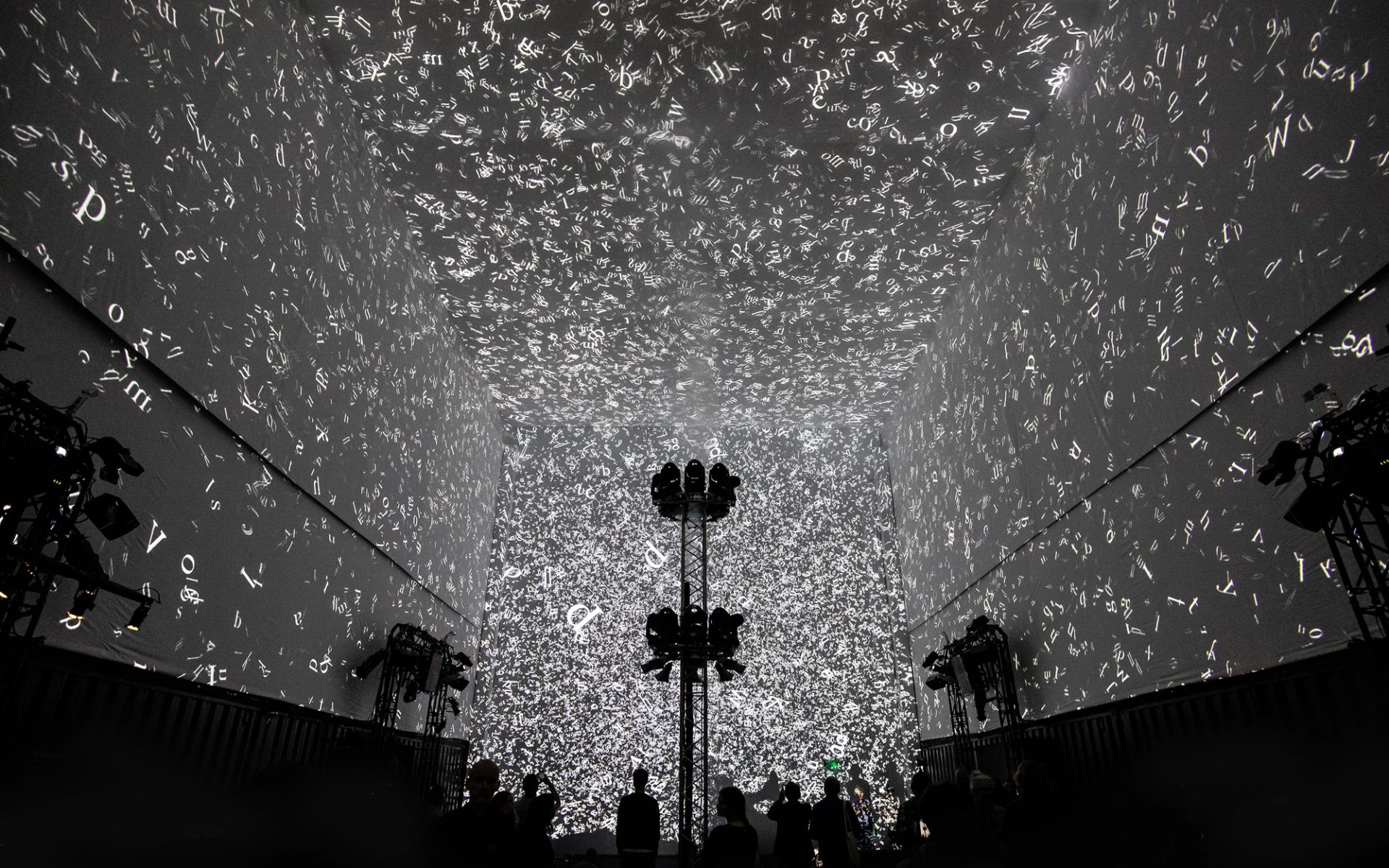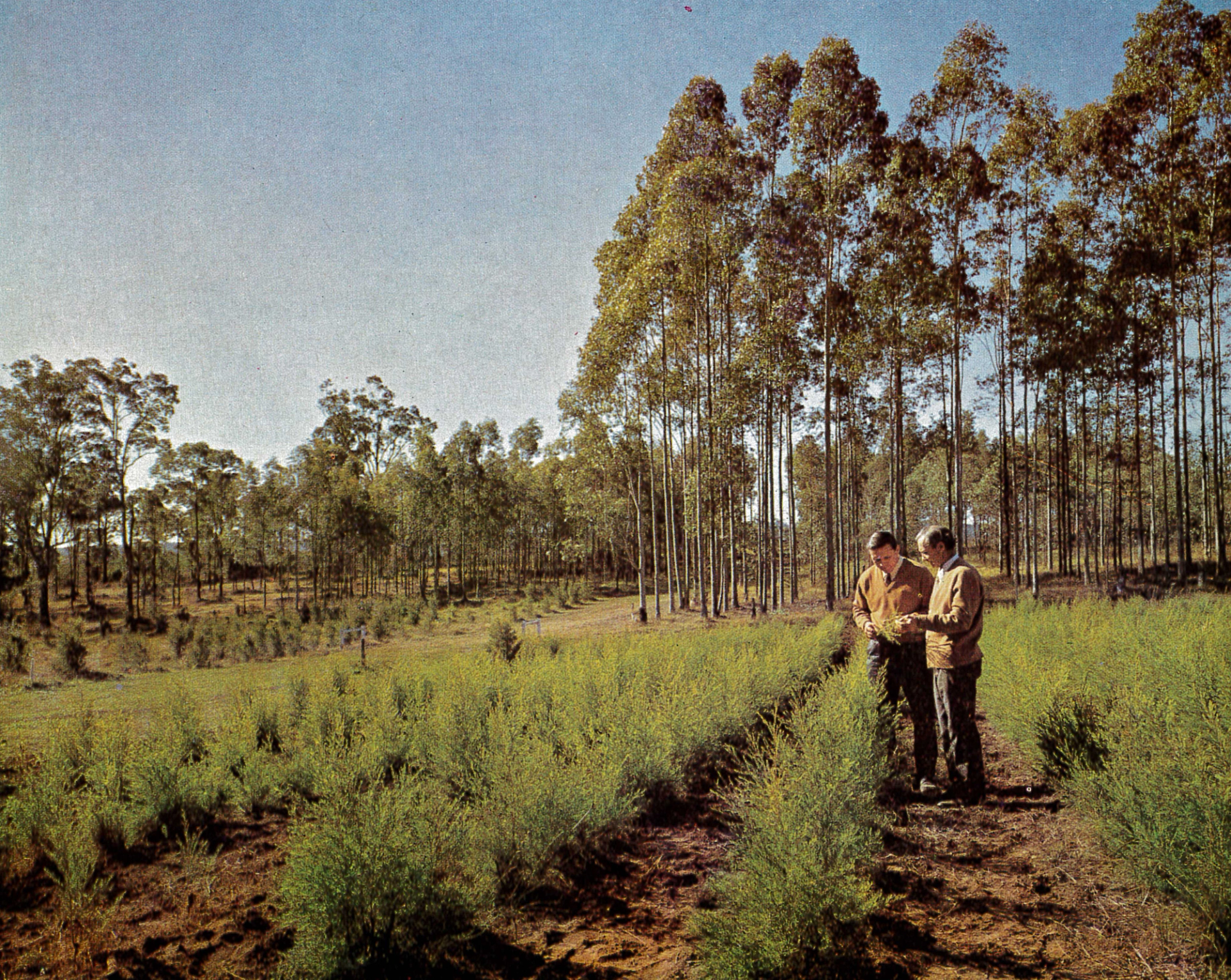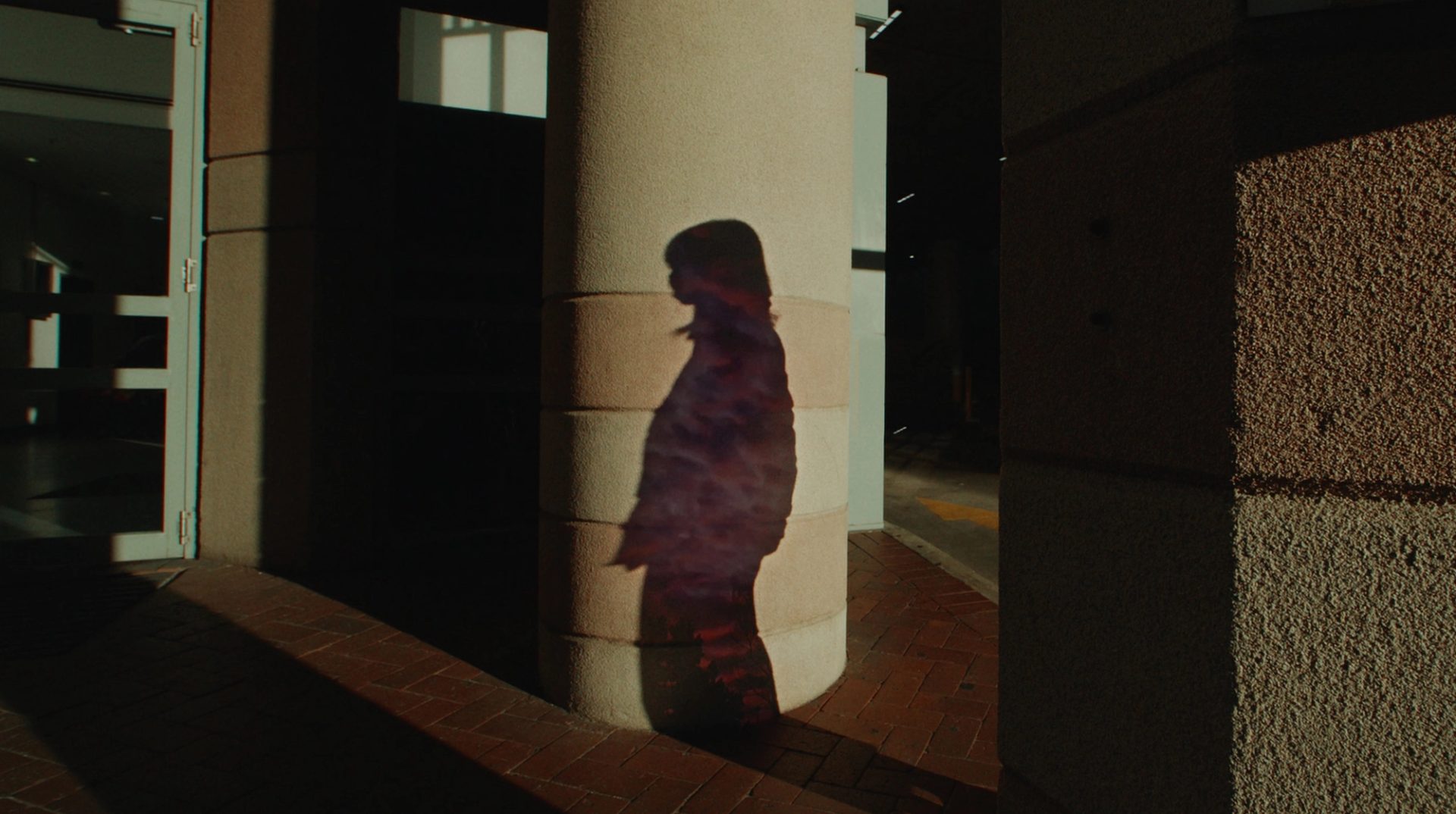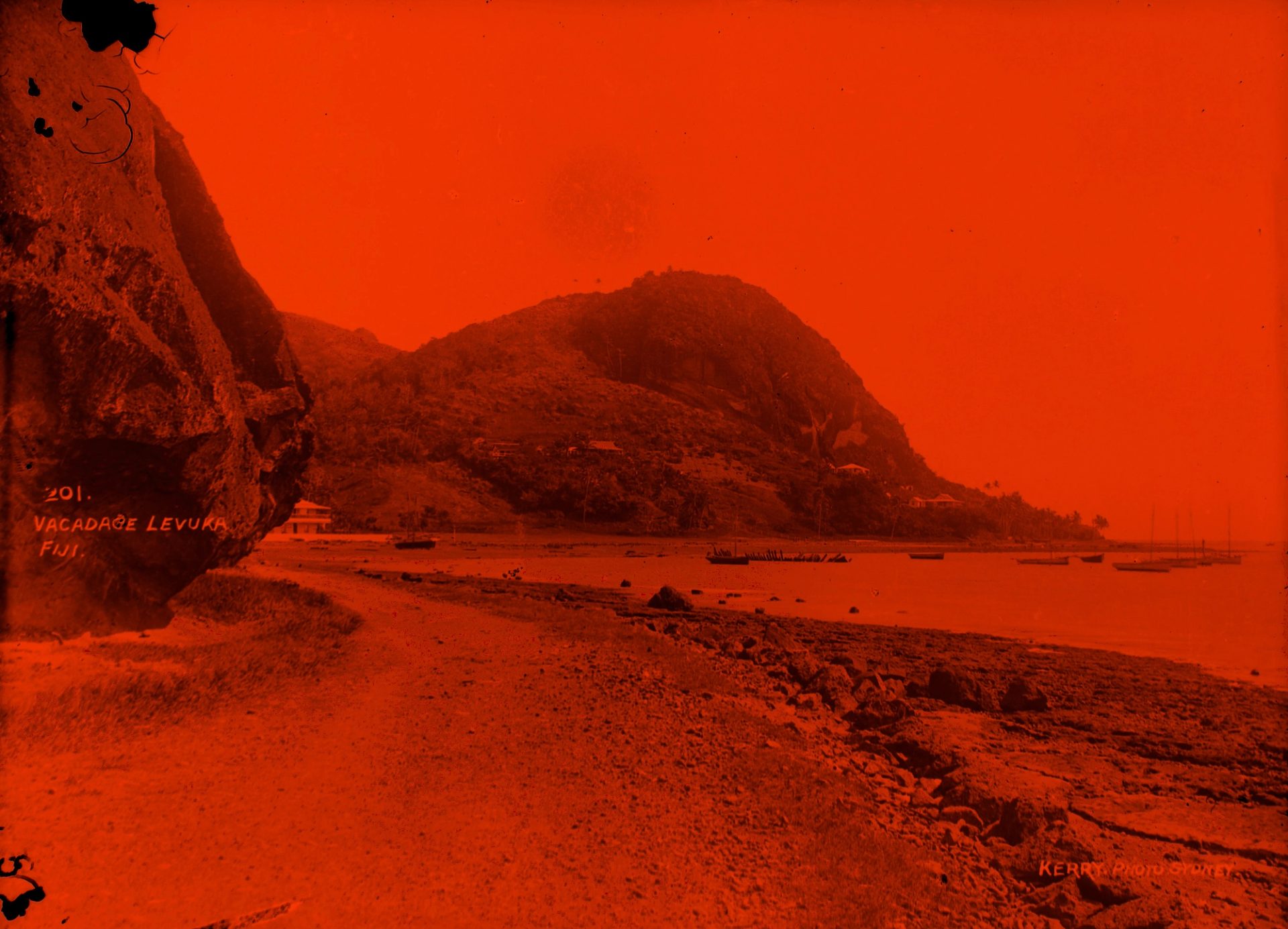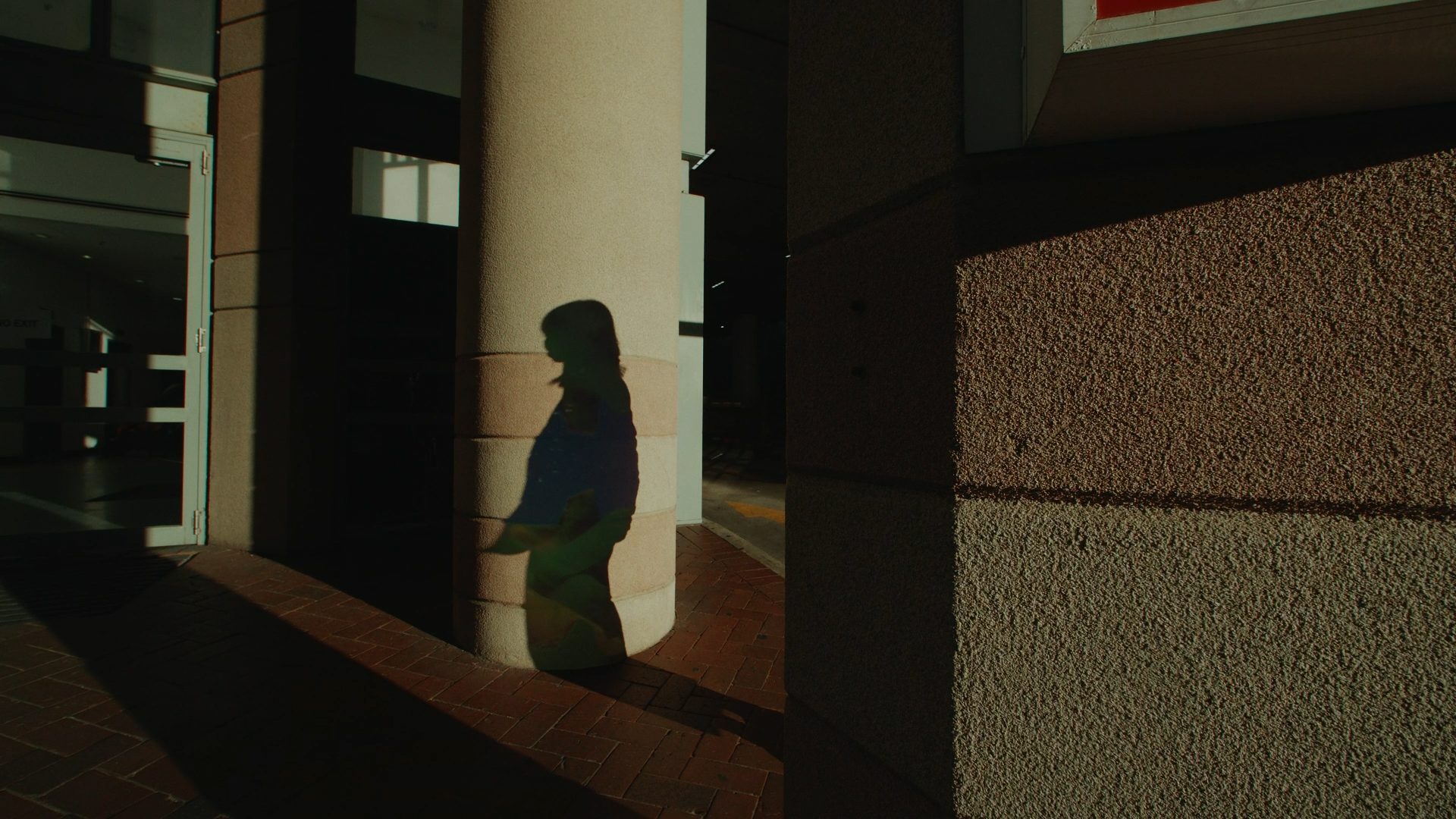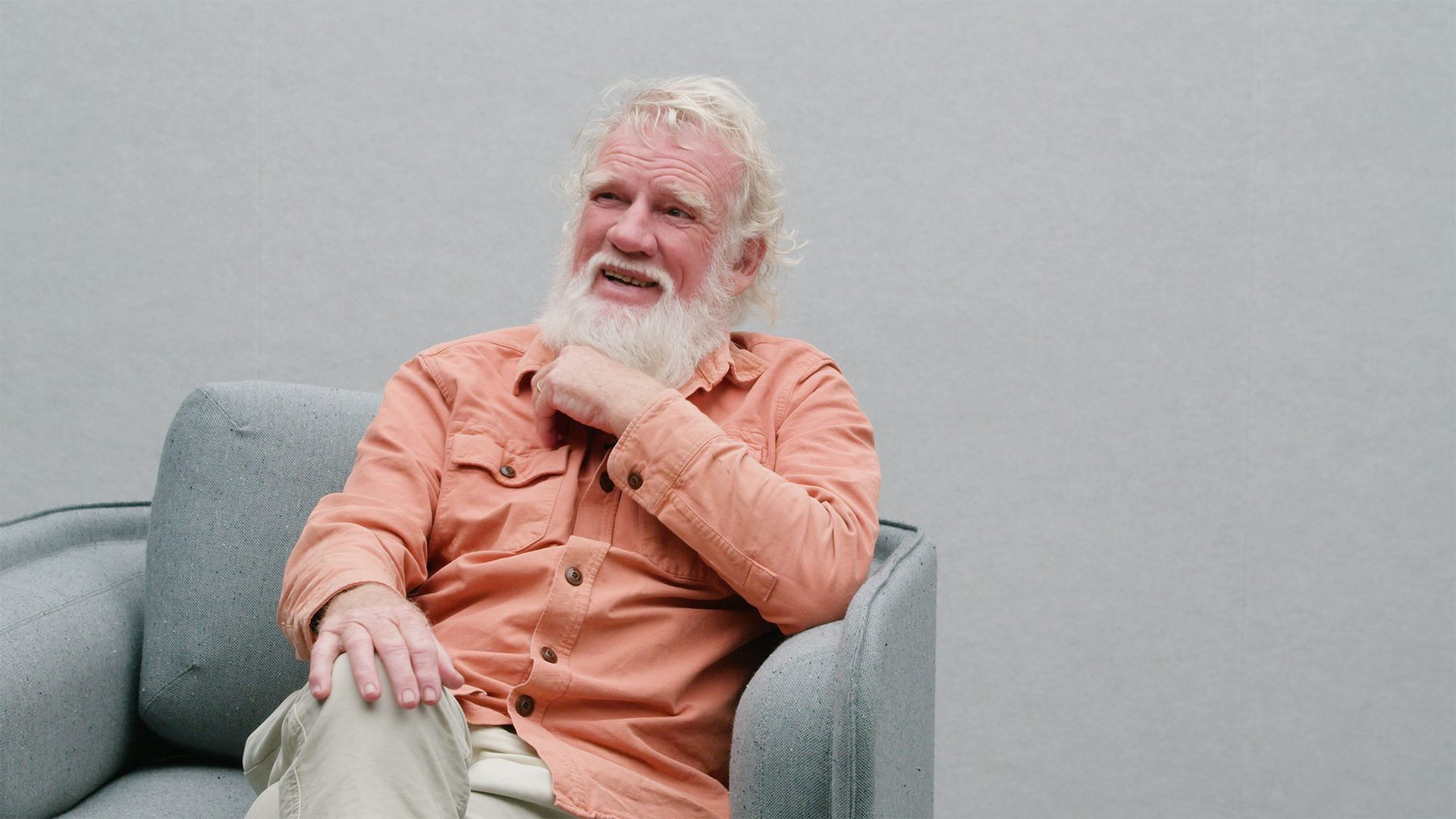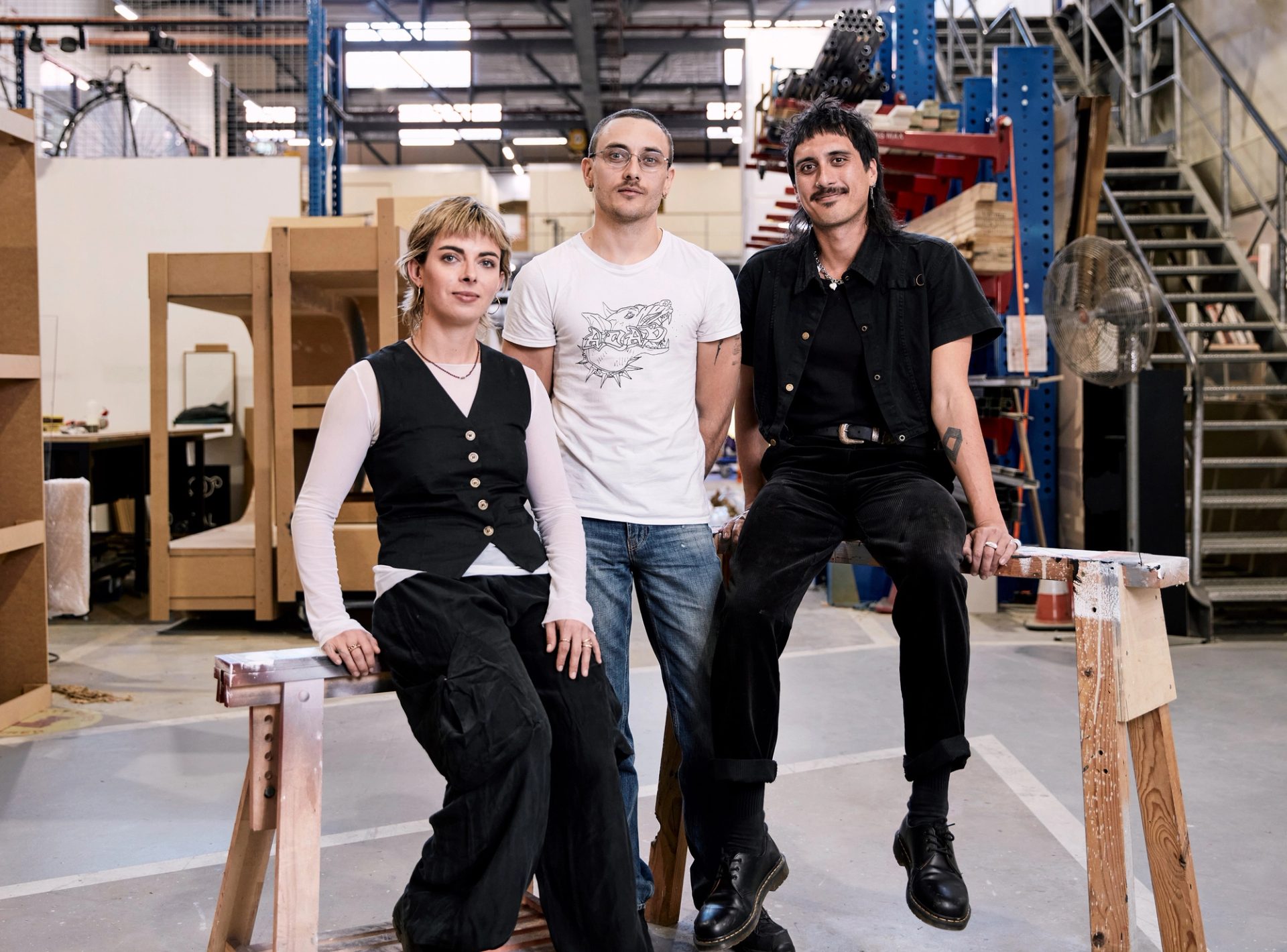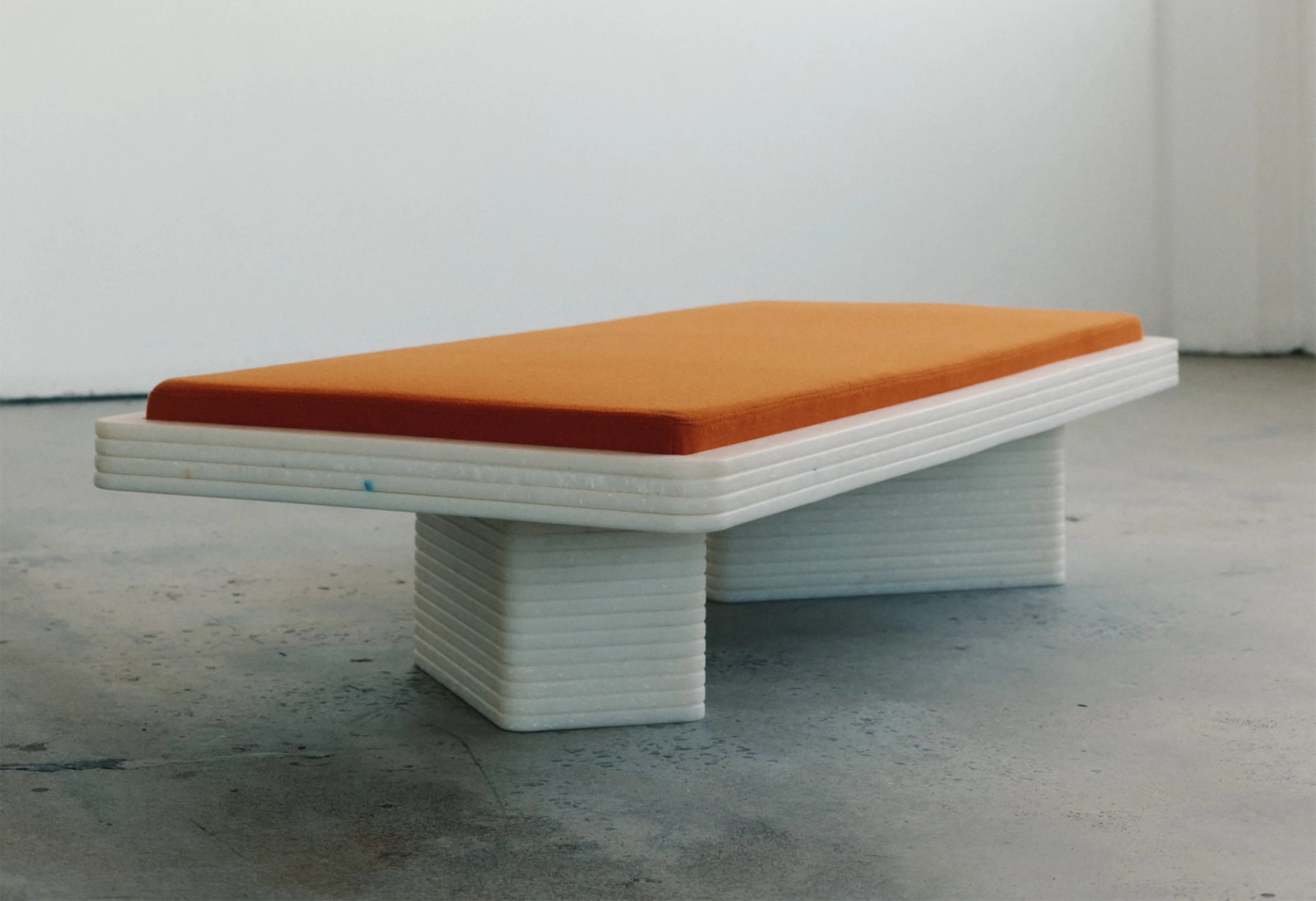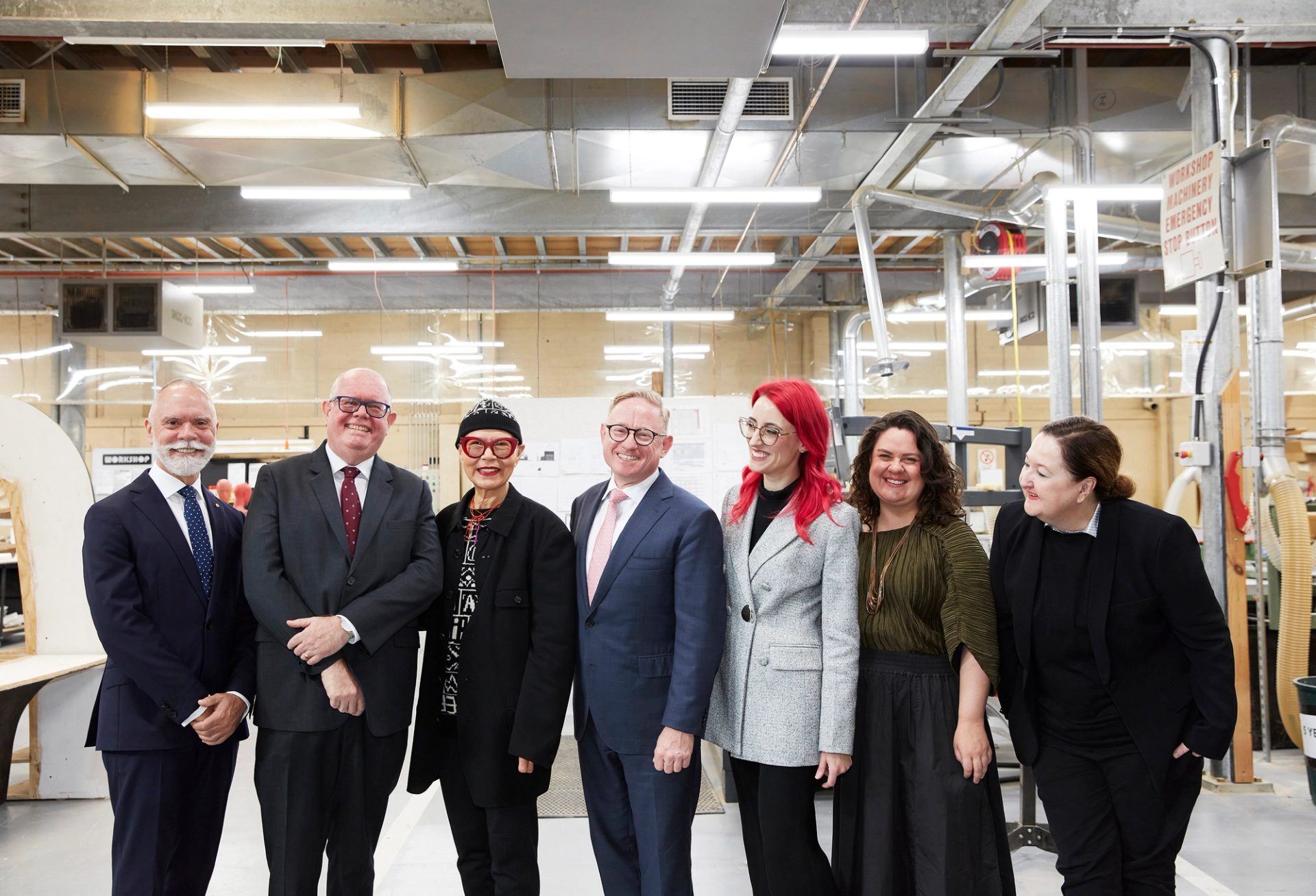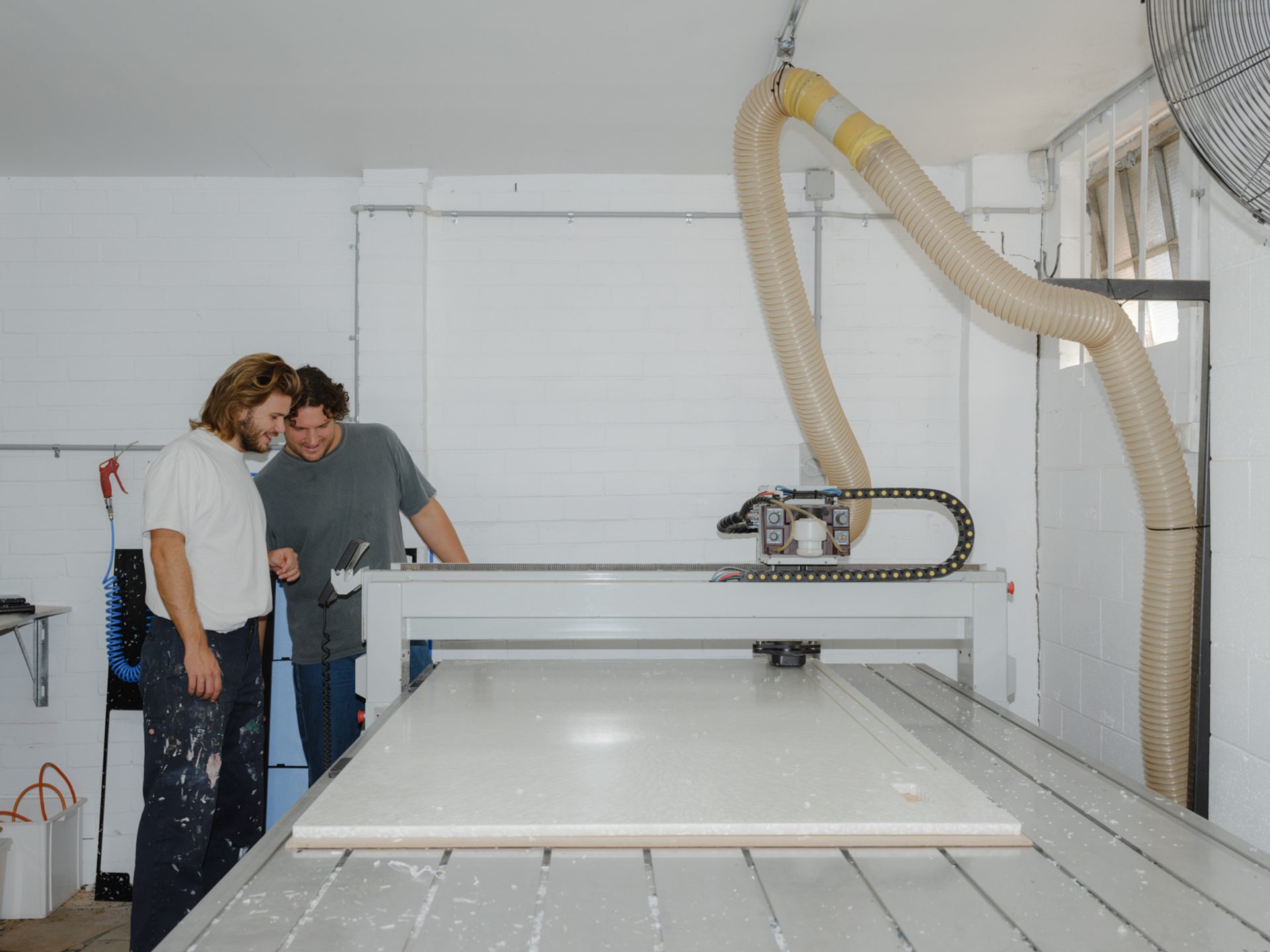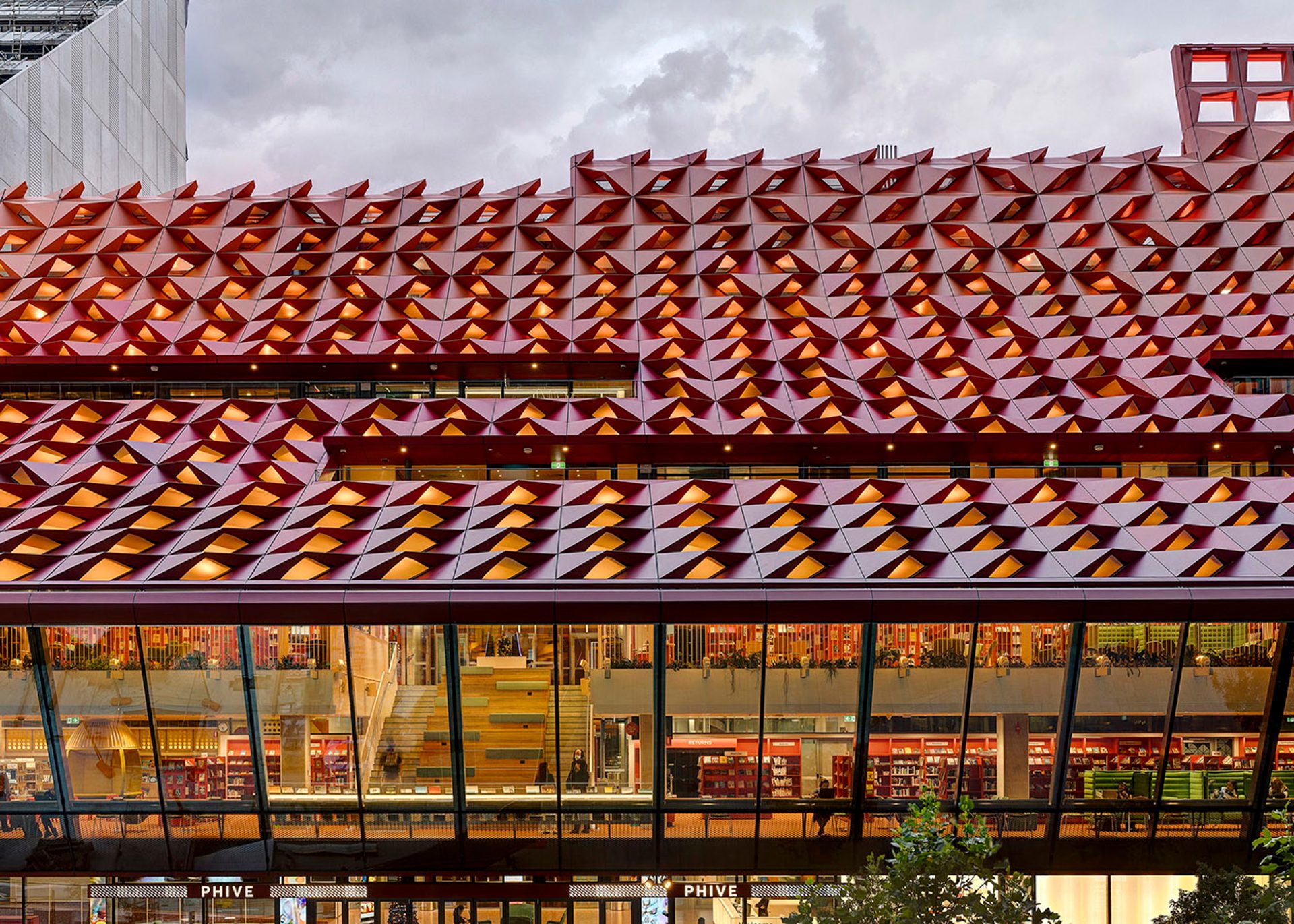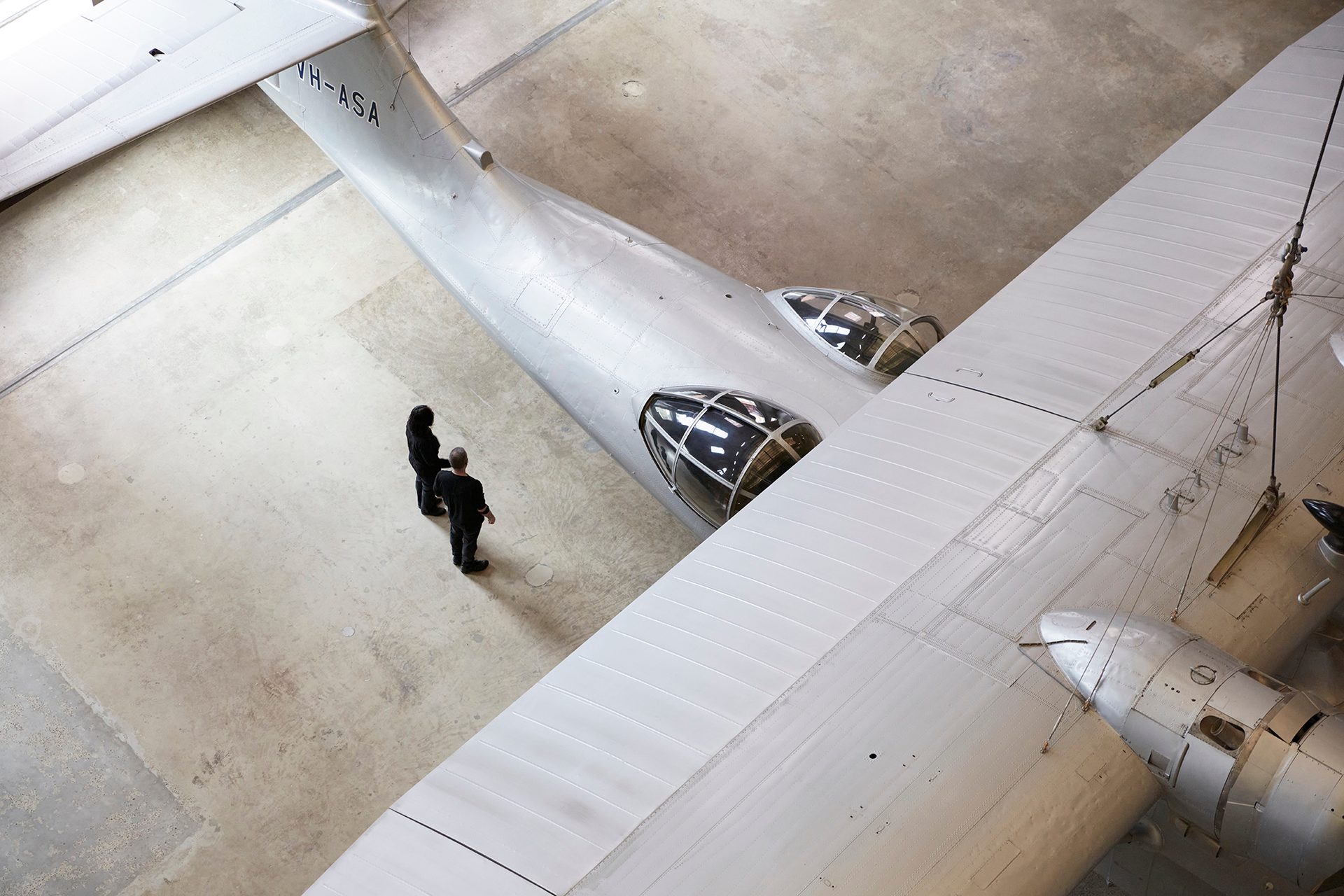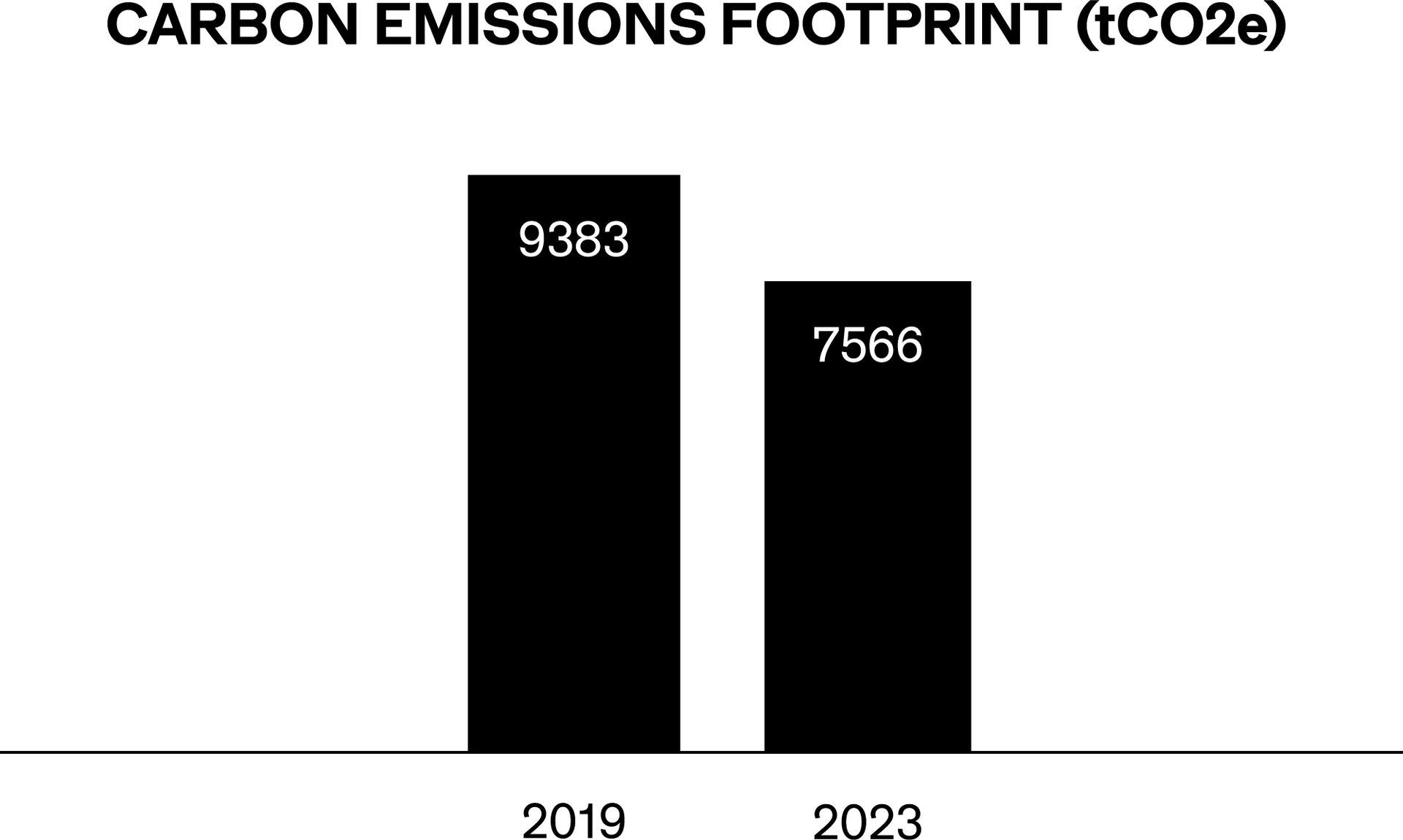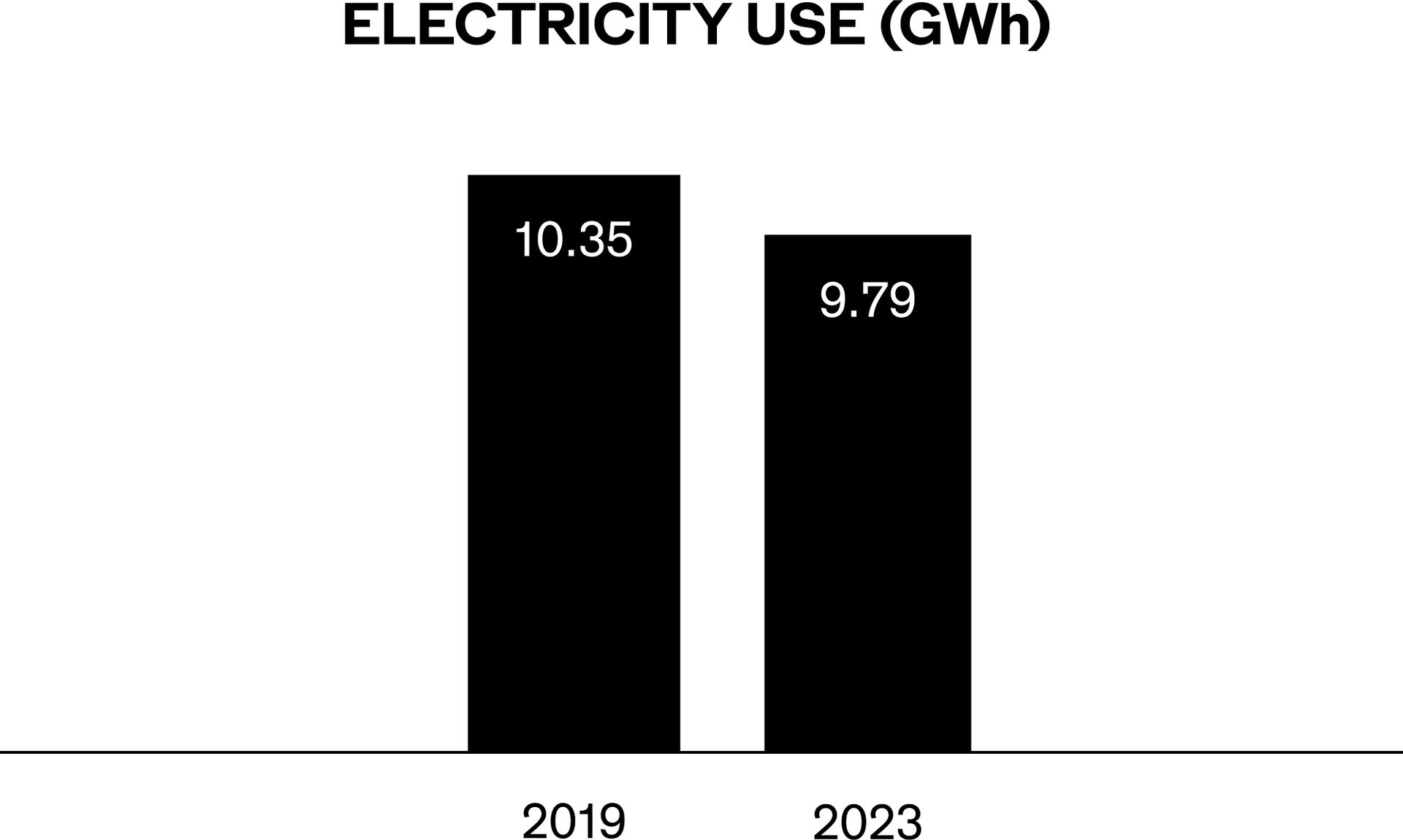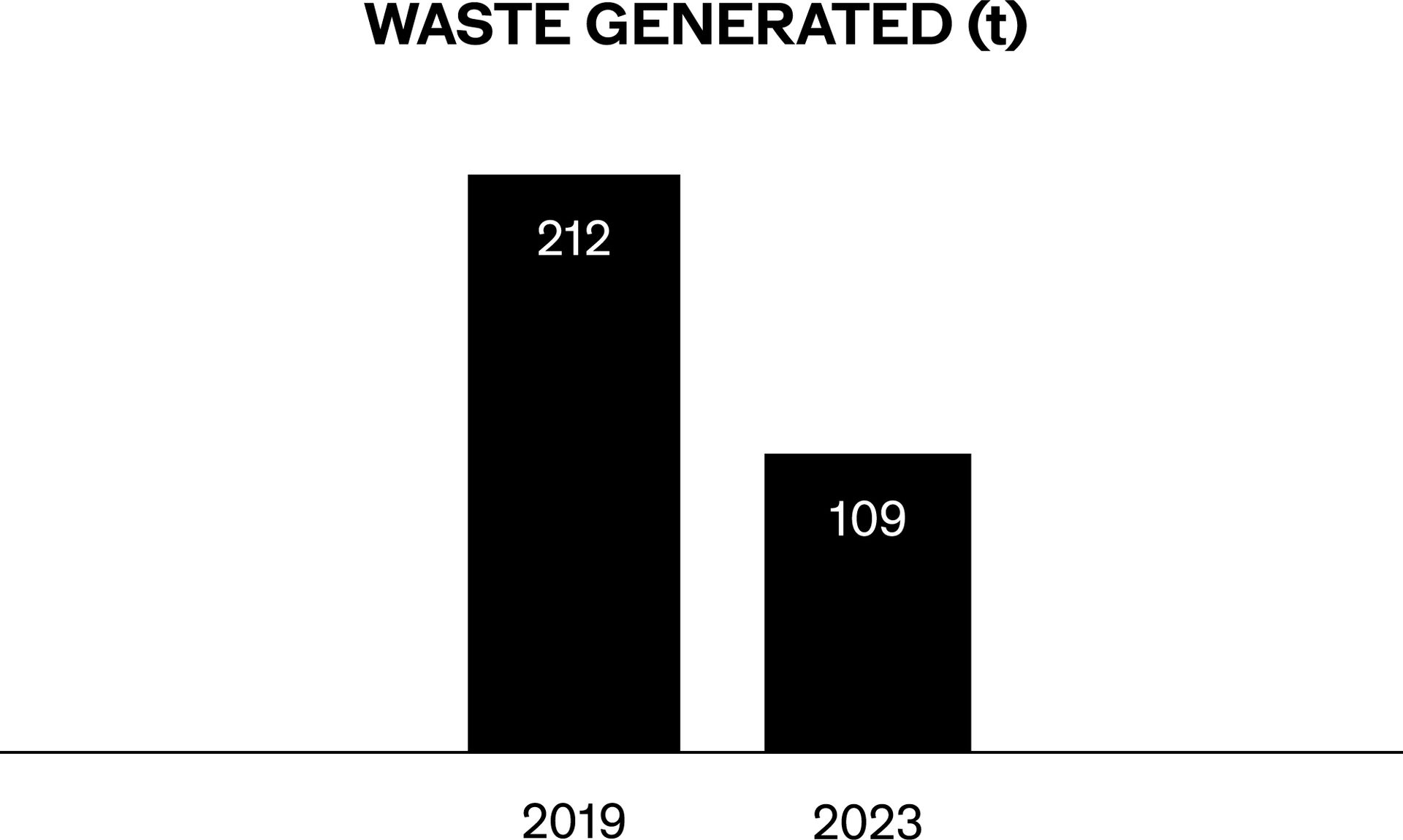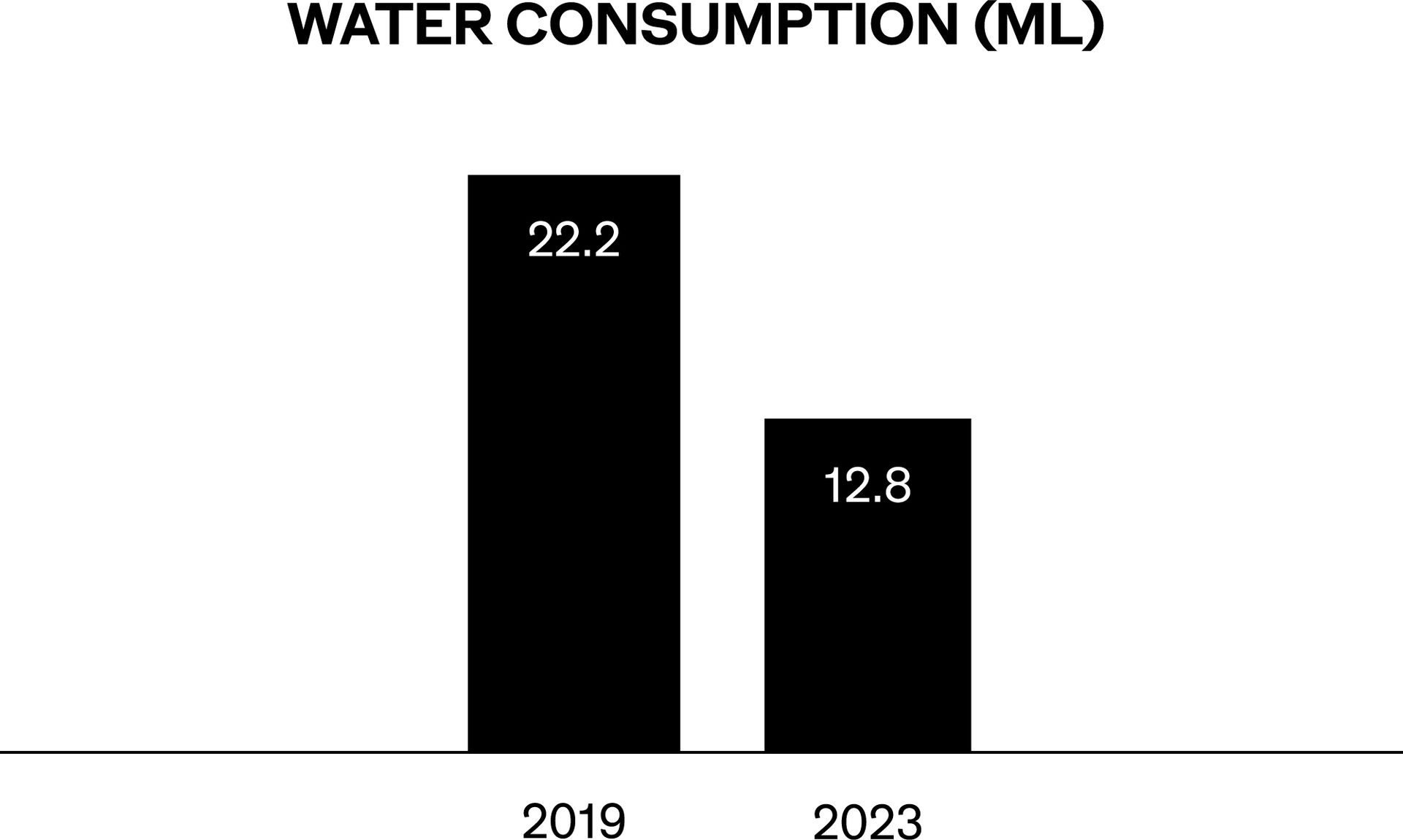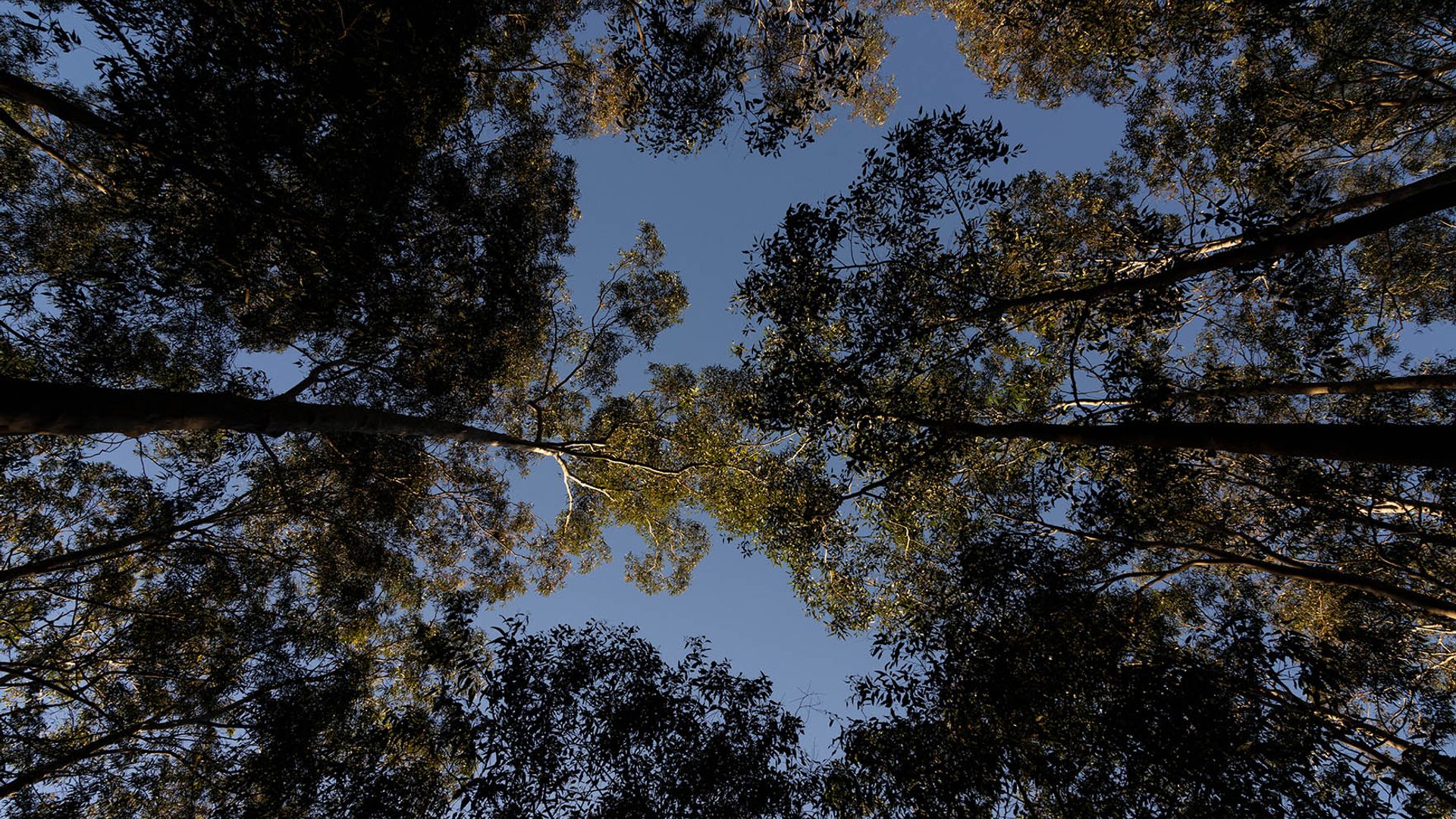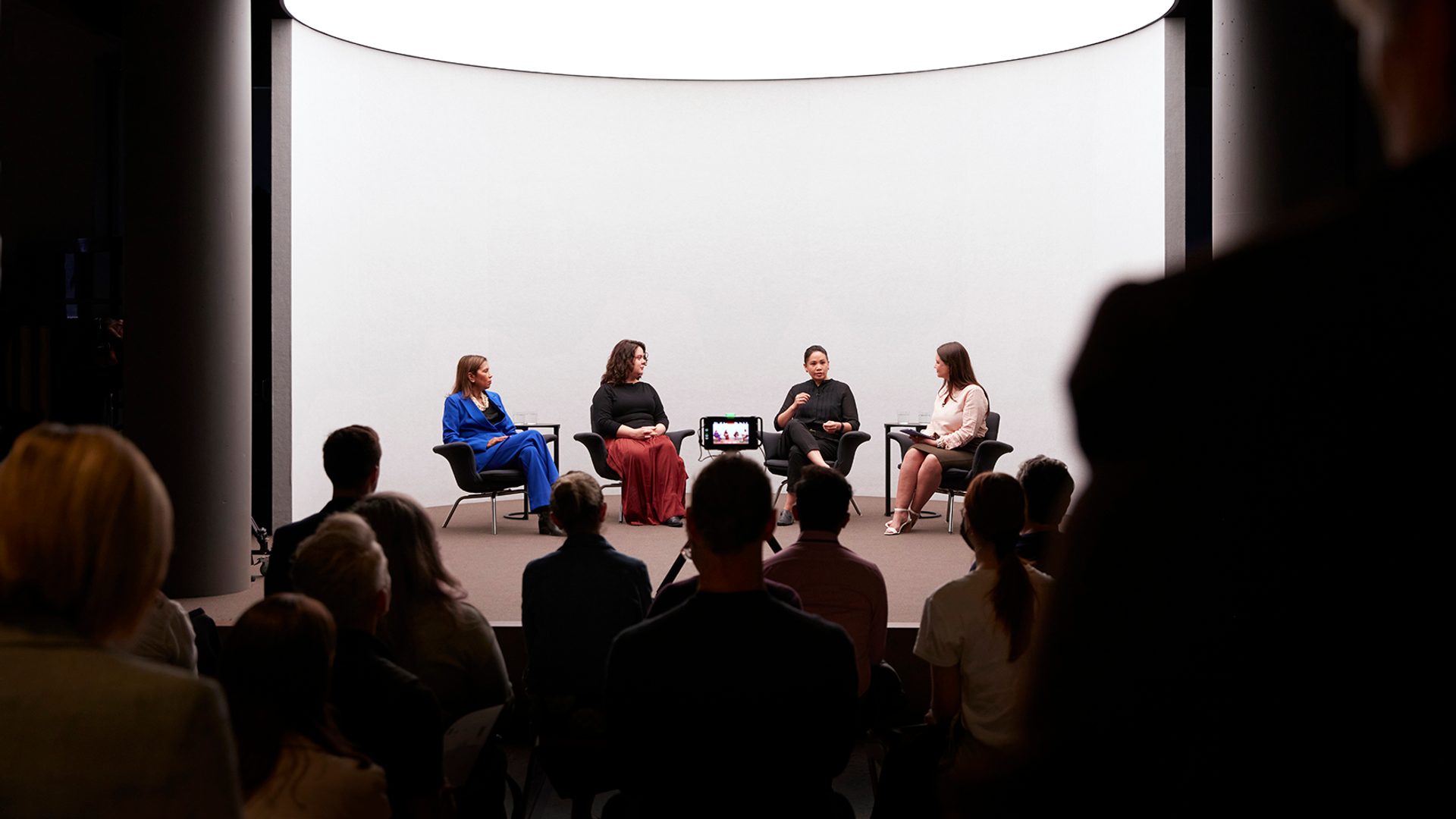Climate Action Plan – Year one

Powerhouse launched its Climate Action Plan 2022–25 in November 2022, clearly setting out 12 key objectives encompassing infrastructure, programs and operations across the museum’s four sites, with the aim of achieving net zero operational carbon emissions by 2025.
The initiatives highlighted below are key projects demonstrating our progress towards some of the objectives and targets set out in the plan. Powerhouse will report progress across our objectives during the three-year plan period and publish a final report on achievements at the end of 2025.
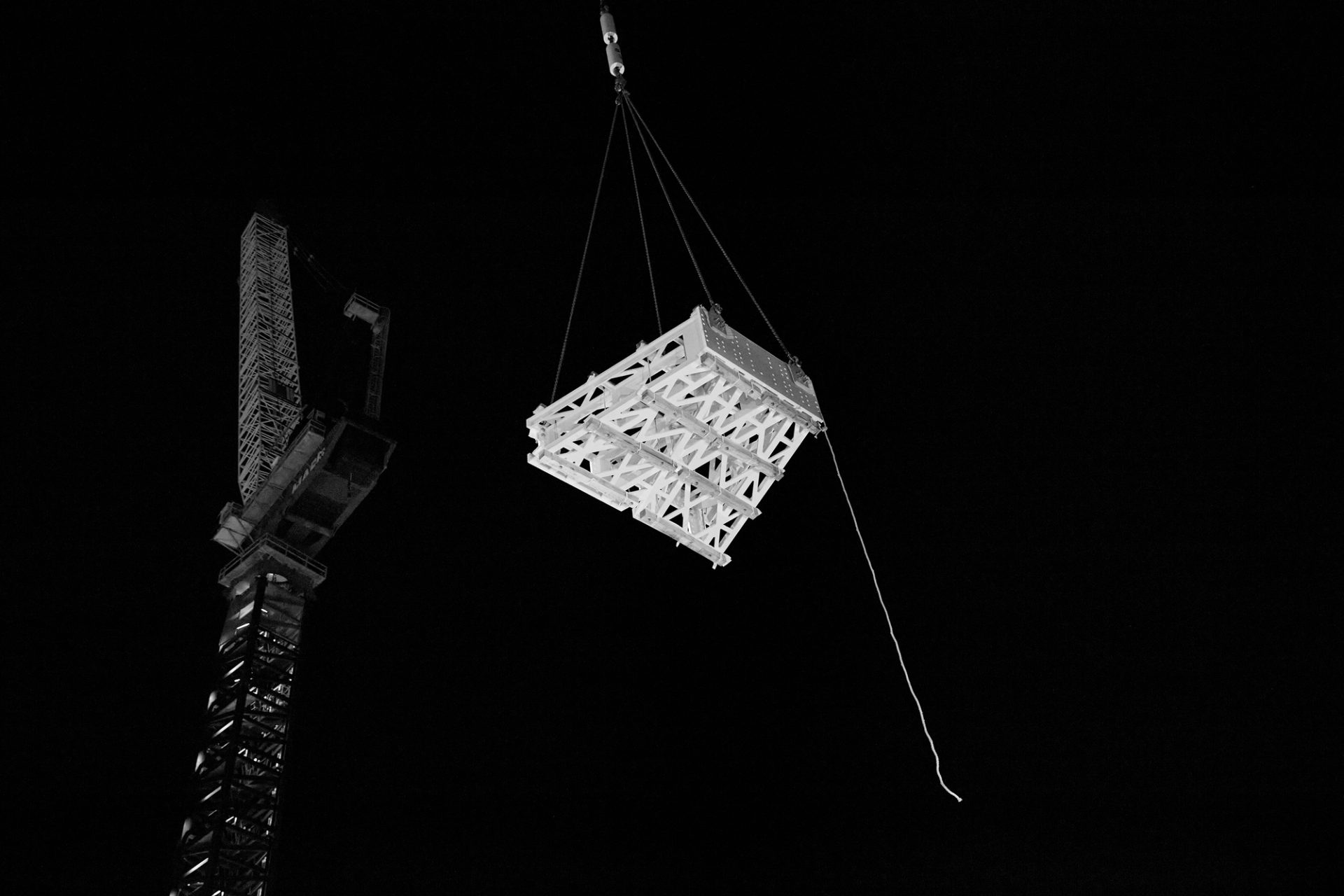
Powerhouse Infrastructure
Innovation, function and critical analysis of energy production and consumption have been ongoing themes throughout the history of Powerhouse, from our priceless Boulton and Watt Steam Engine through to the adaptive reuse of the Ultimo Power Station for Powerhouse Museum in the 1980s. Renewal of our buildings and precincts represent an immediate opportunity for Powerhouse to reduce carbon emissions. With innovative architectural design and engineering, Powerhouse Parramatta will be a 6 Star Green Star building. The renewal of Powerhouse Ultimo will adopt a sustainable approach to modifications, new built form and further adaptive reuse, while recognising the sites’ original function and purpose.
Objective 1
Practice Responsible Stewardship
The Powerhouse renewal presents an opportunity to enact our Caring for Country Principles including Locality of Place, Vitality of People and Country, and Language. First Nations peoples are the custodians of Country and are bound to respect, care and maintain the health of Country. Powerhouse will consider the impact of its activities and practices to ensure it does not damage Country or hinder First Nations peoples’ custodial obligations, including to future generations.

